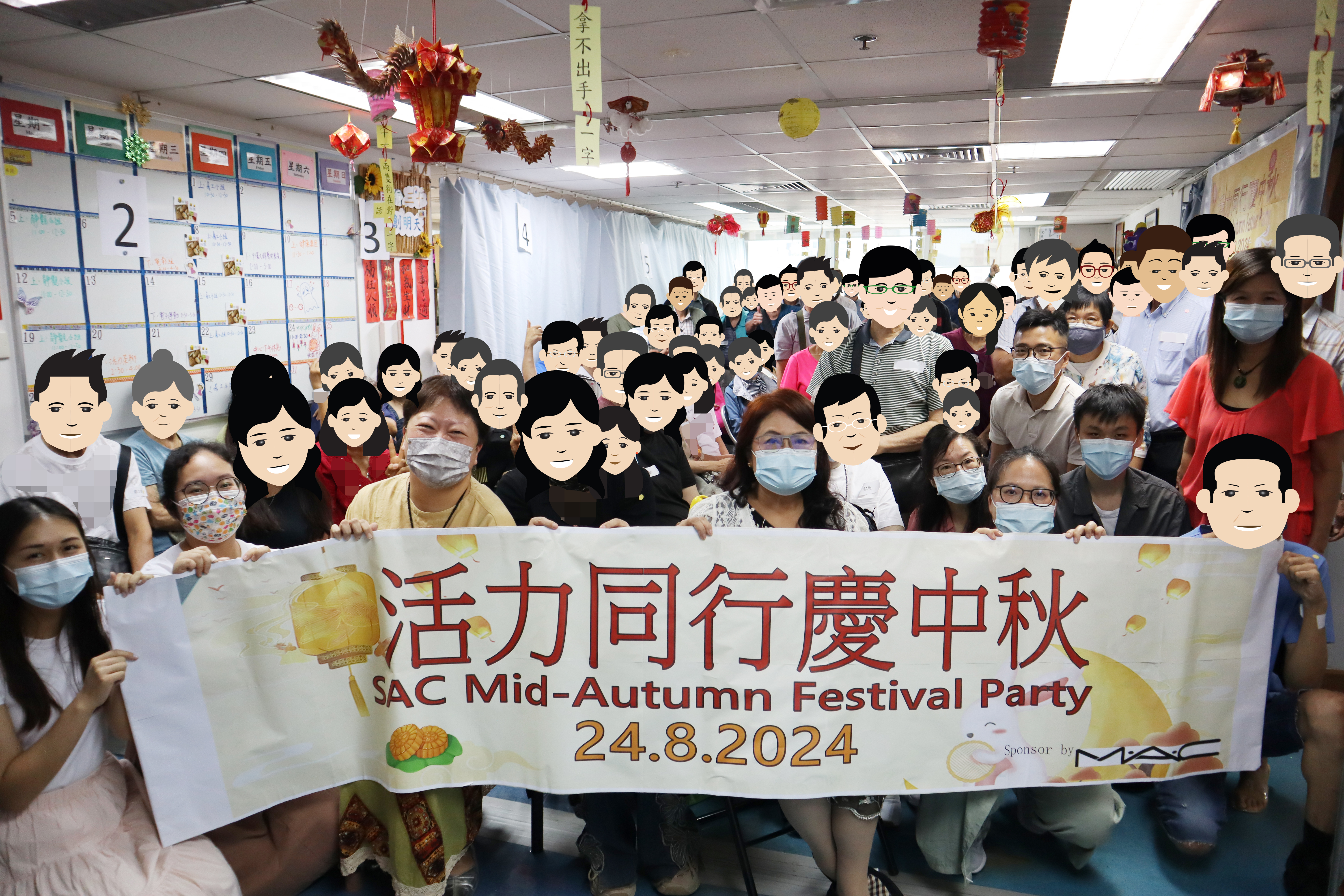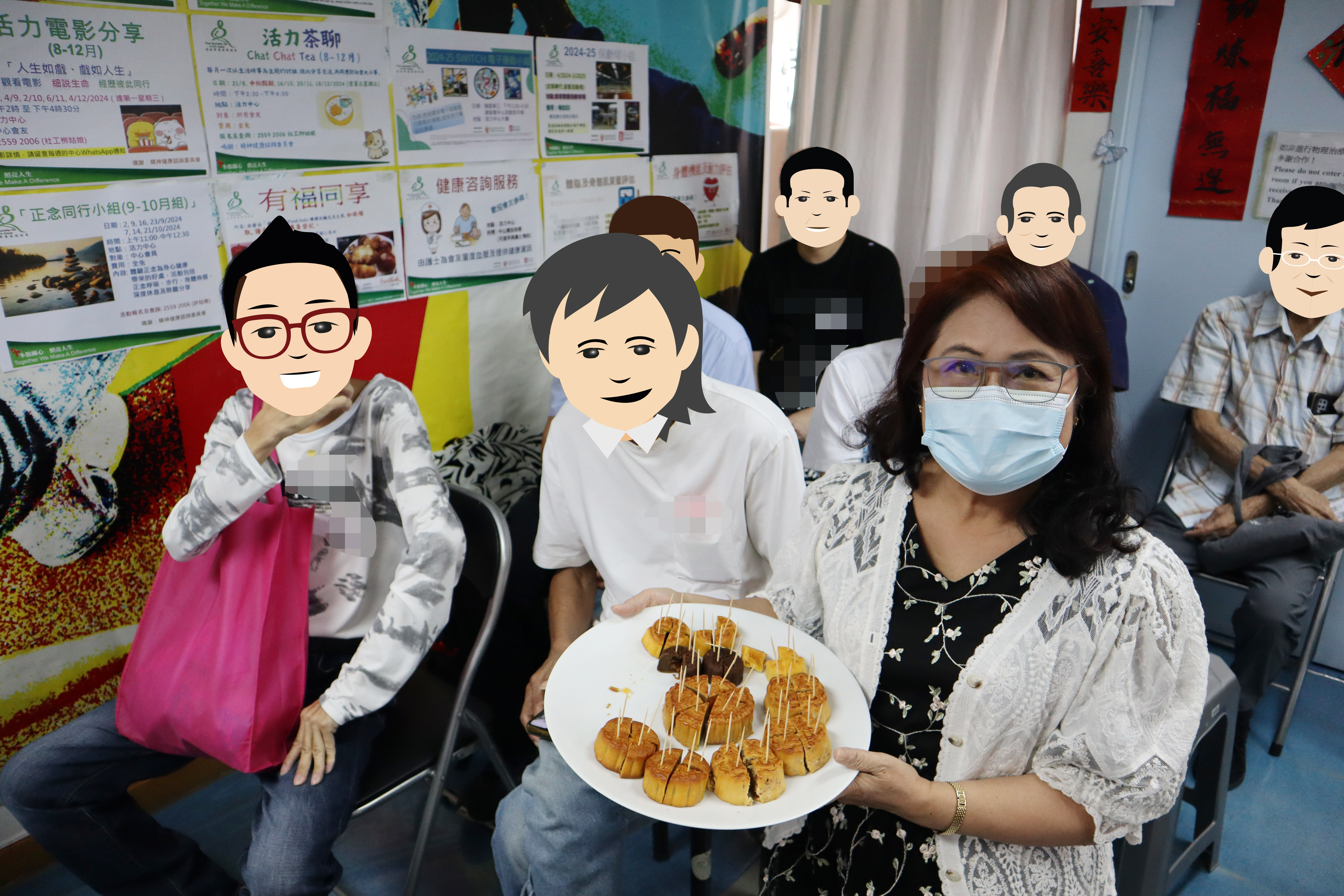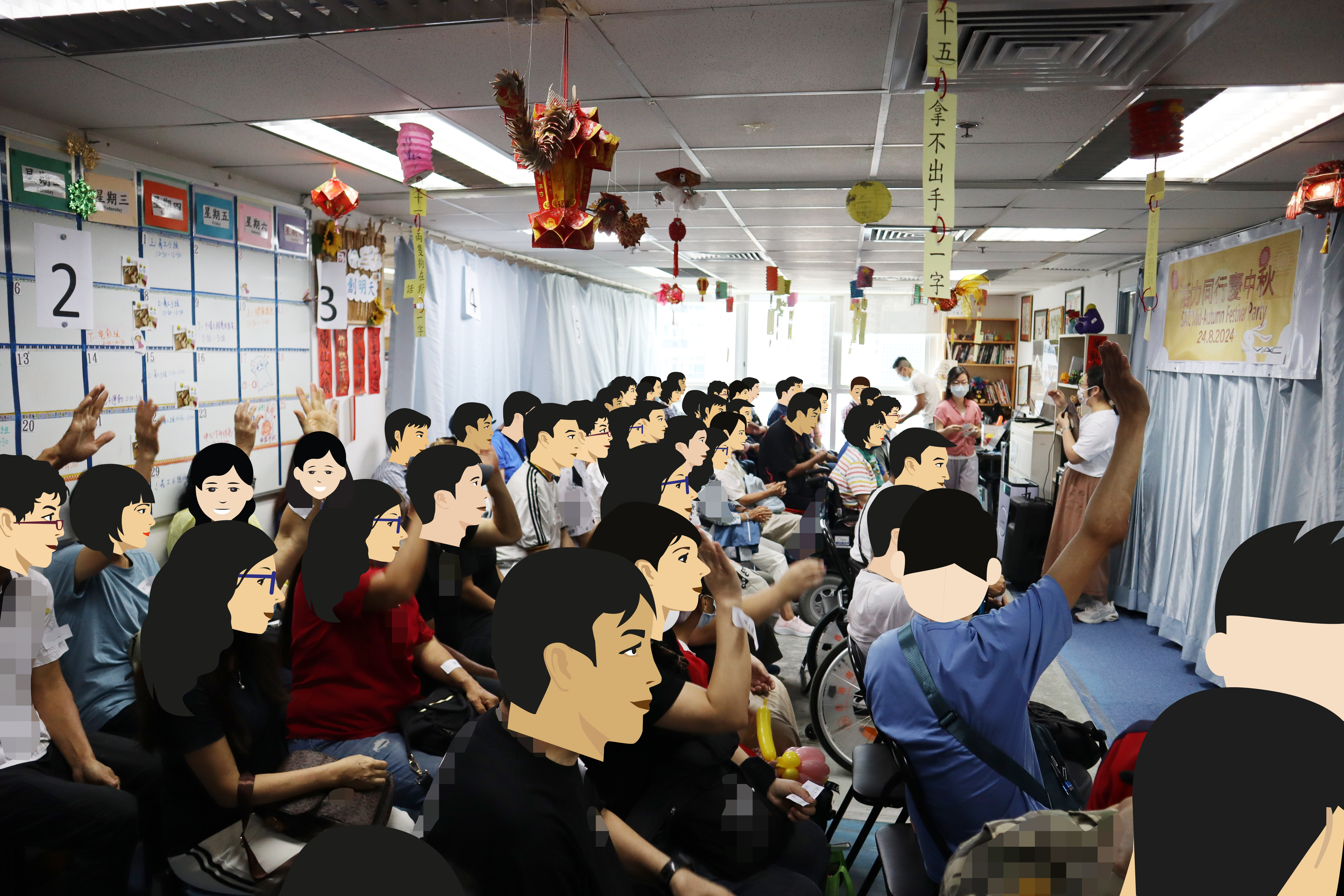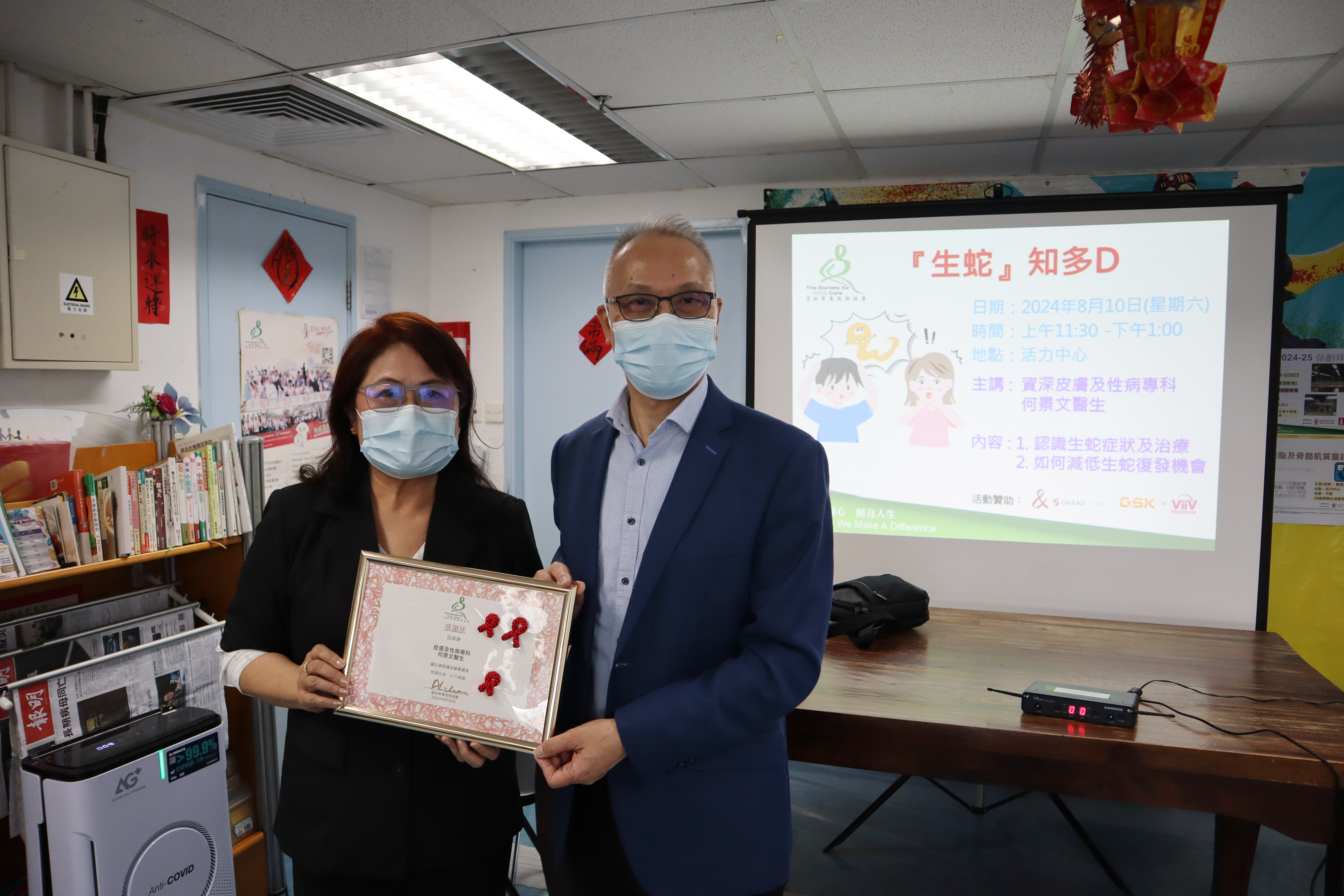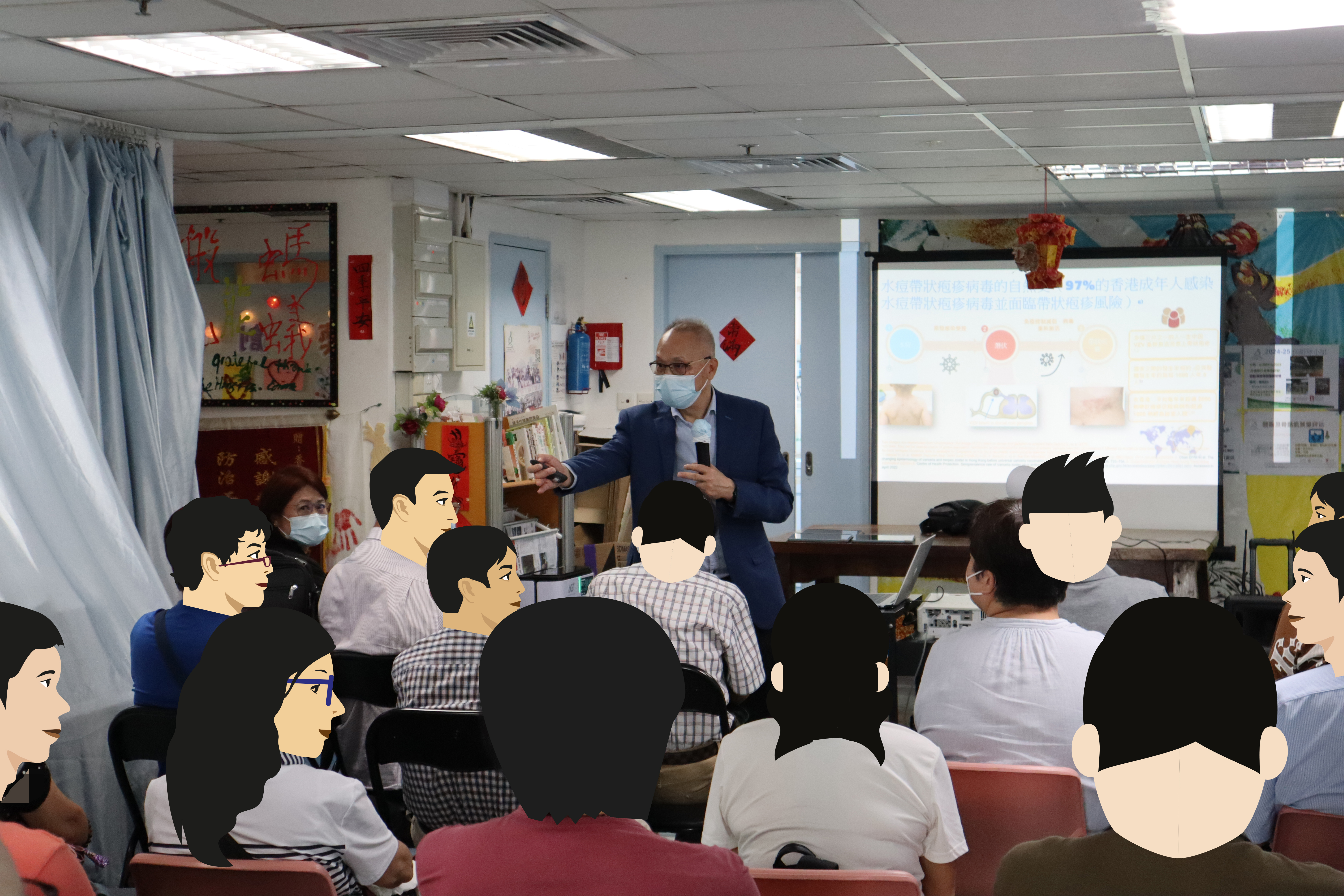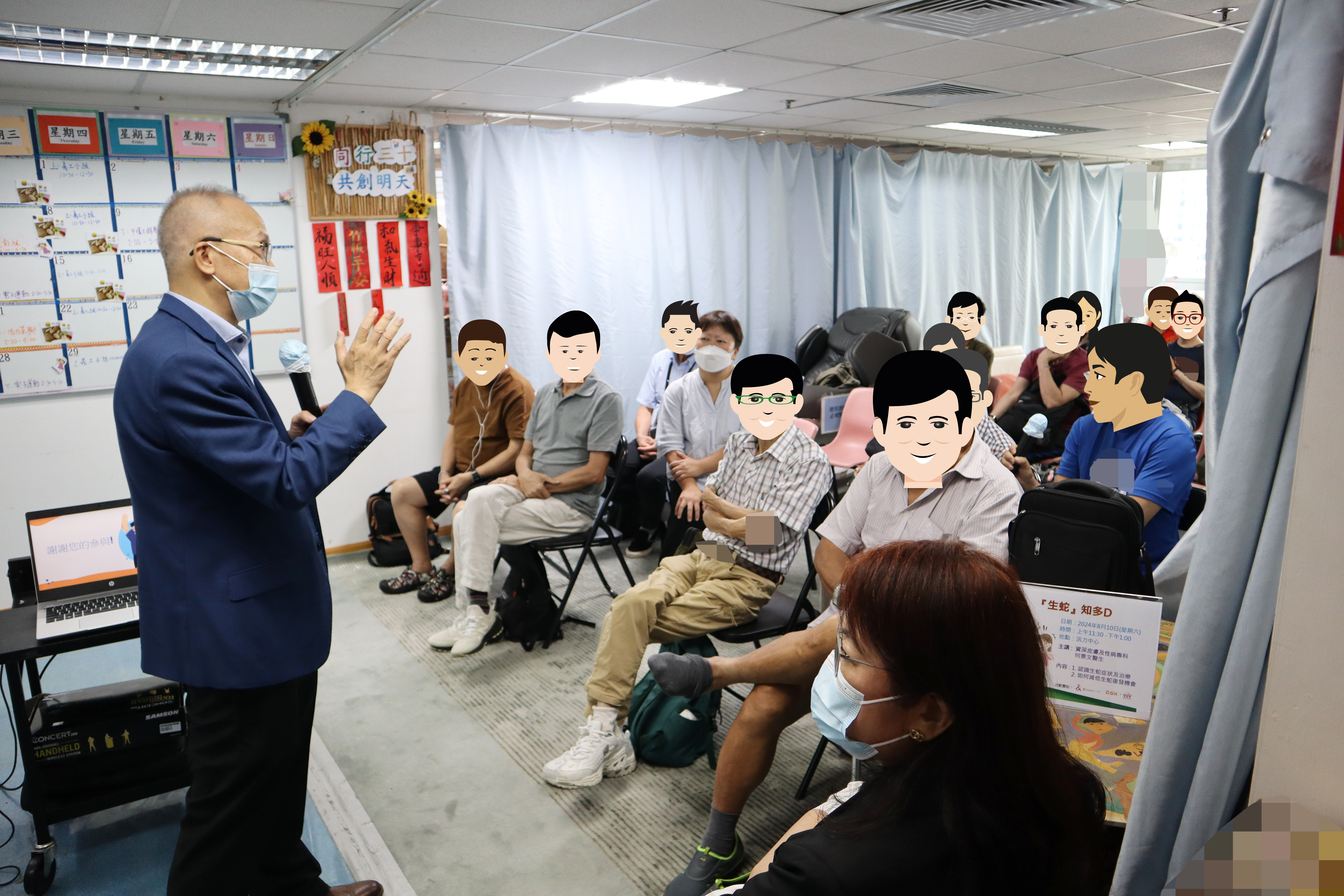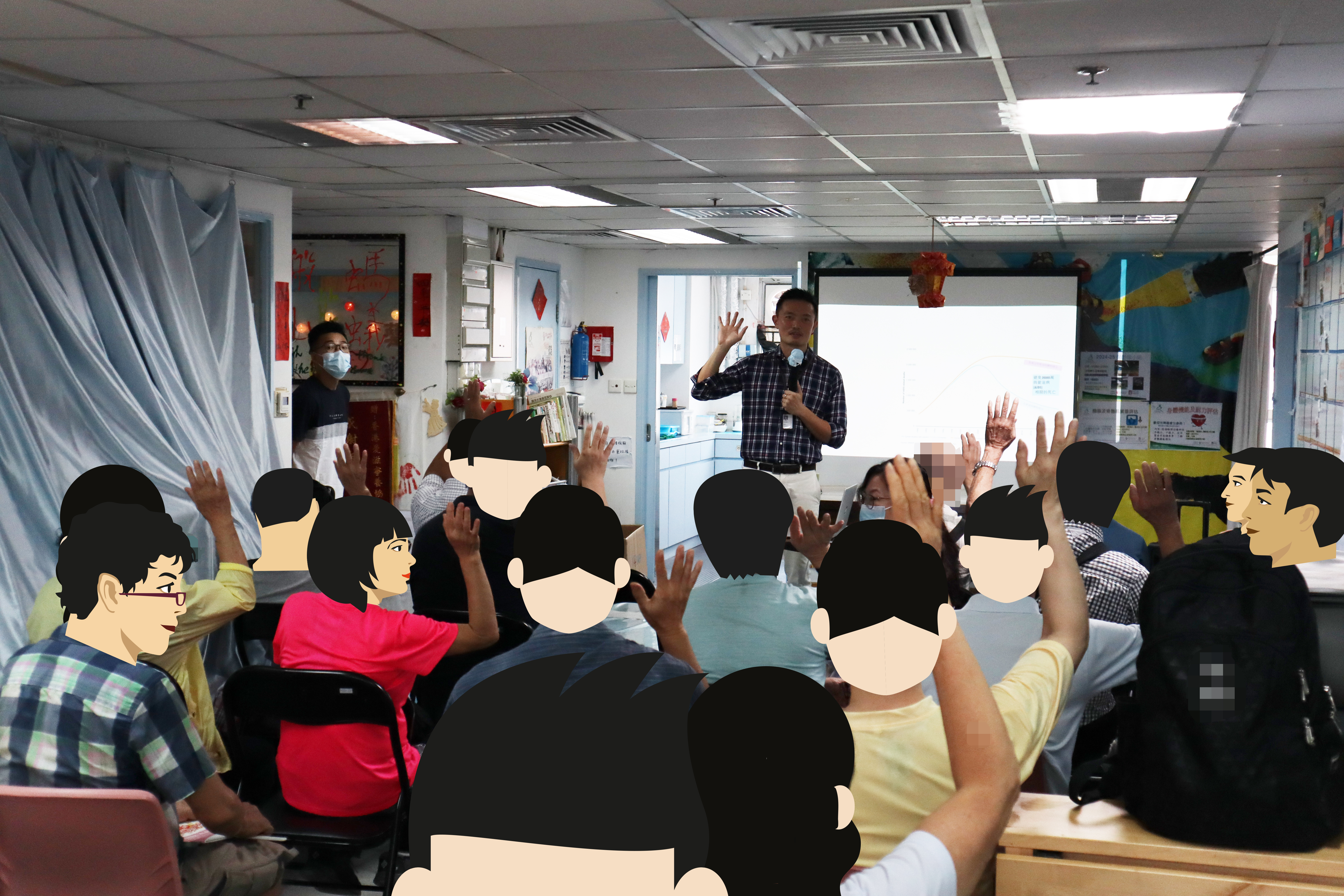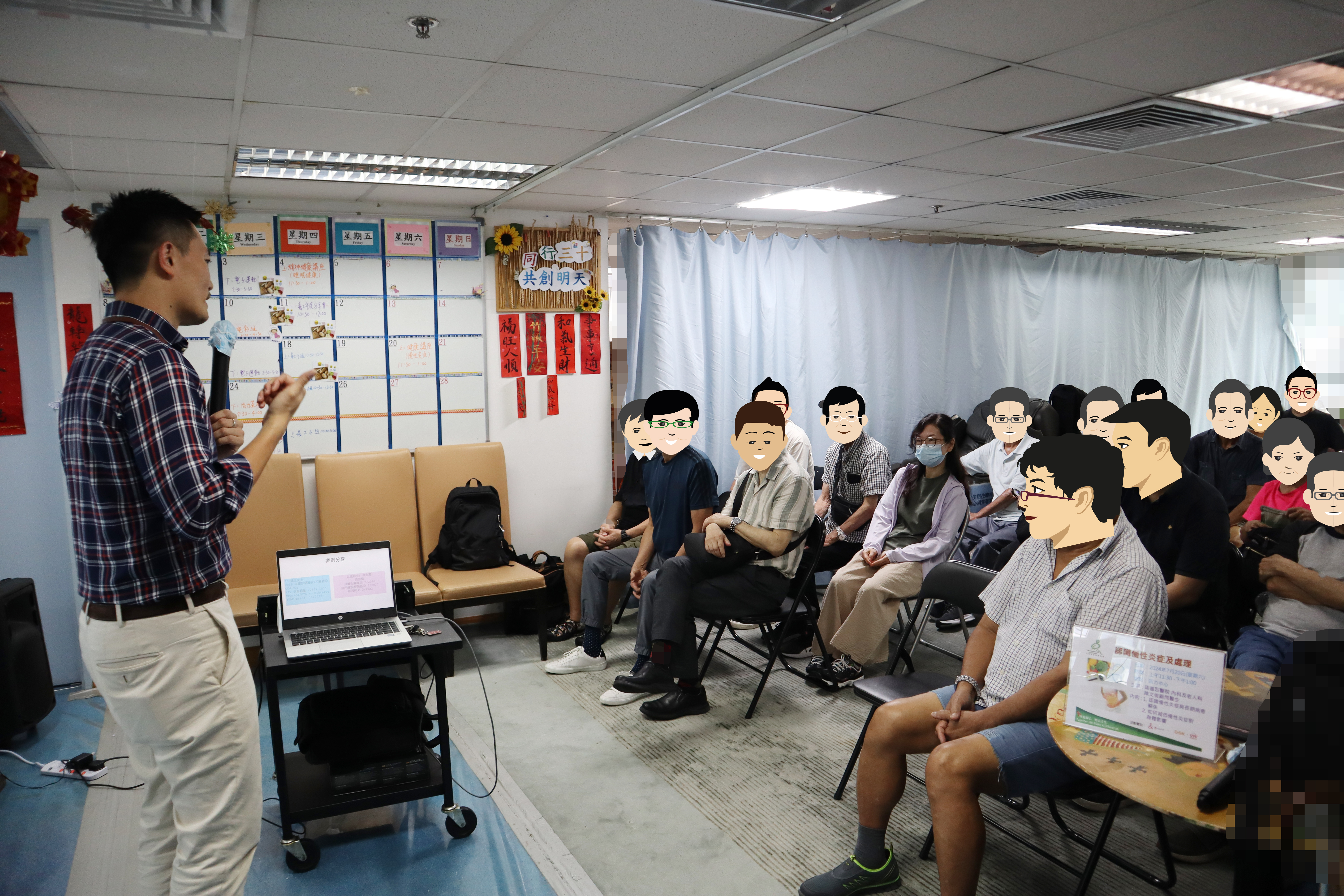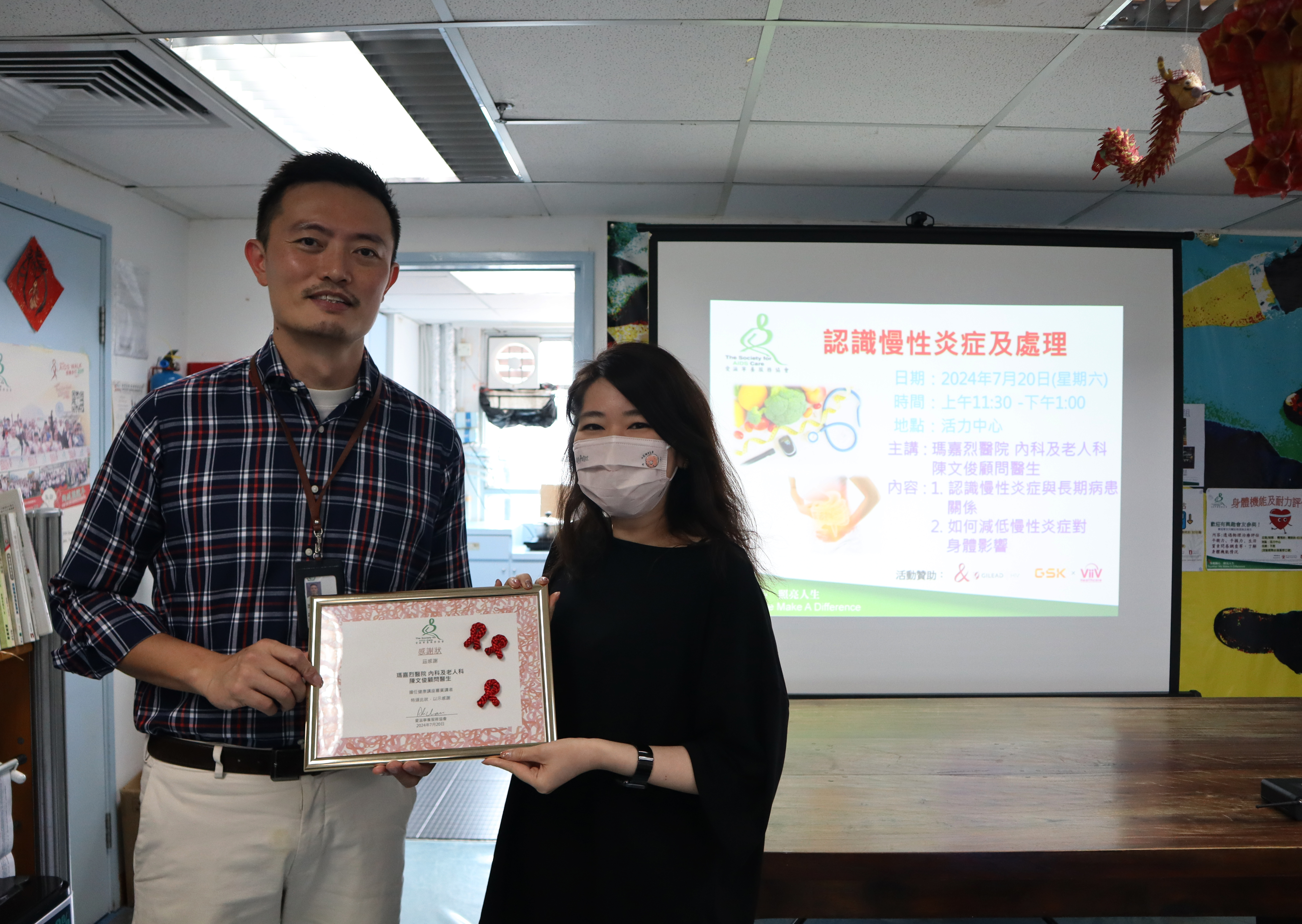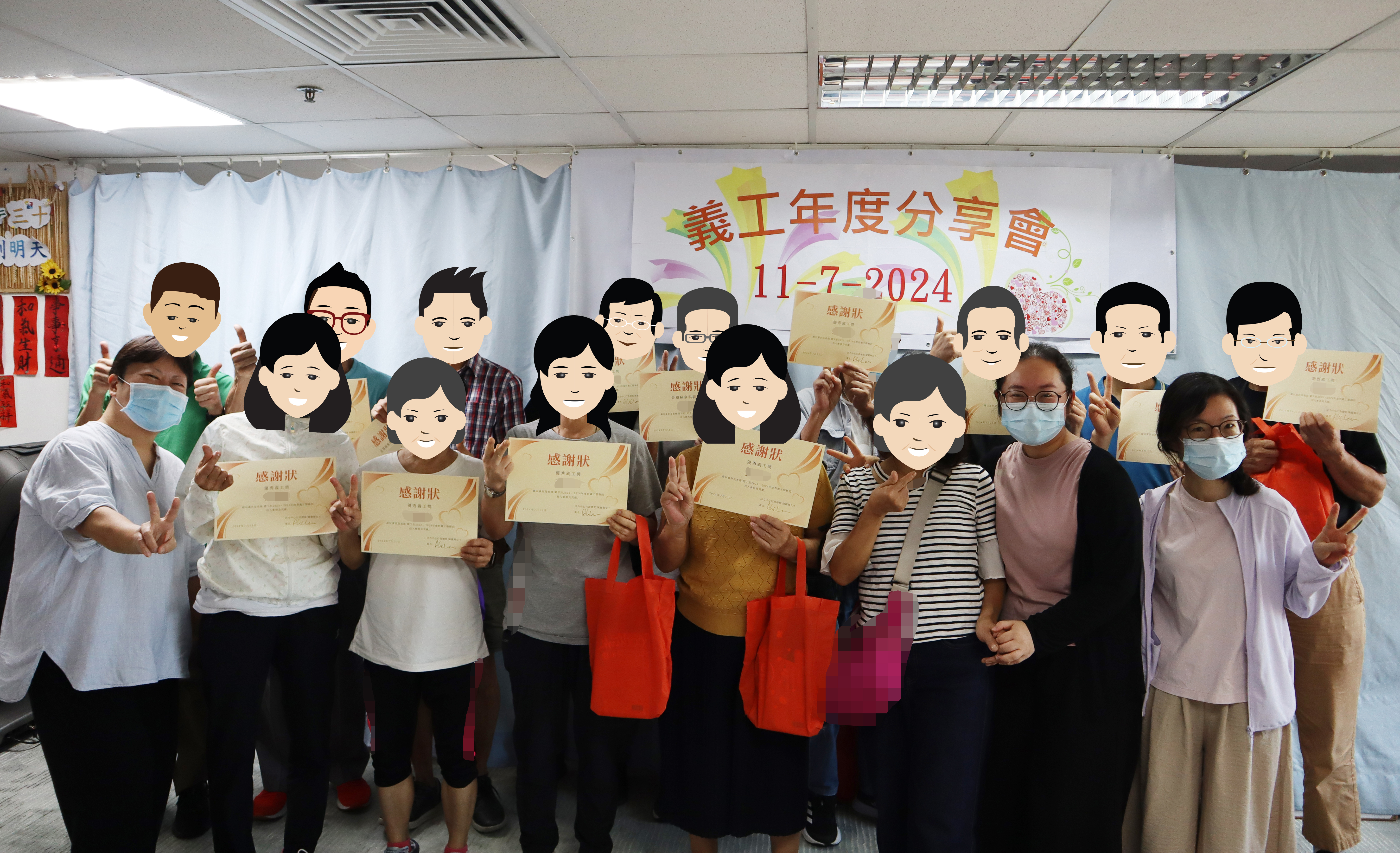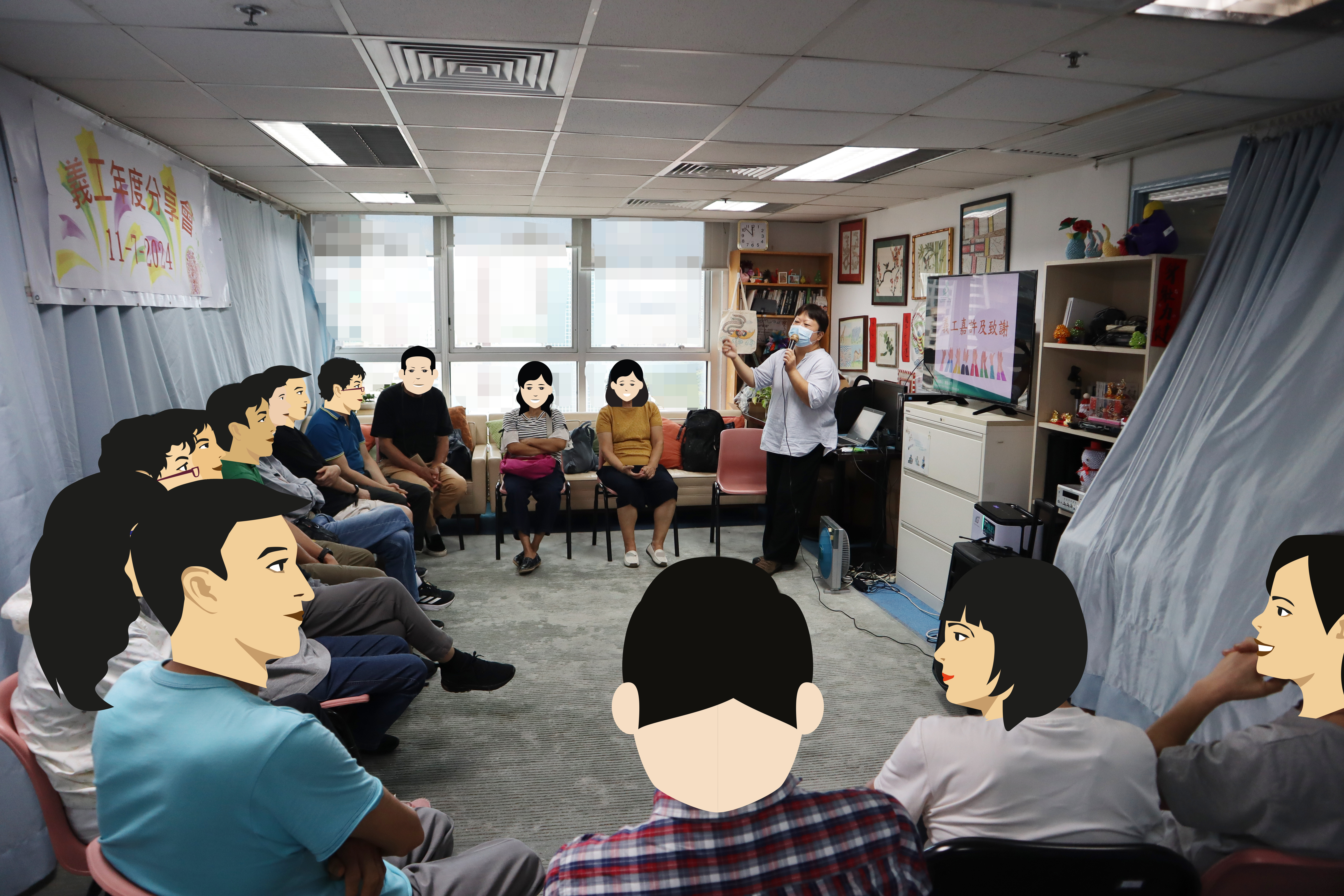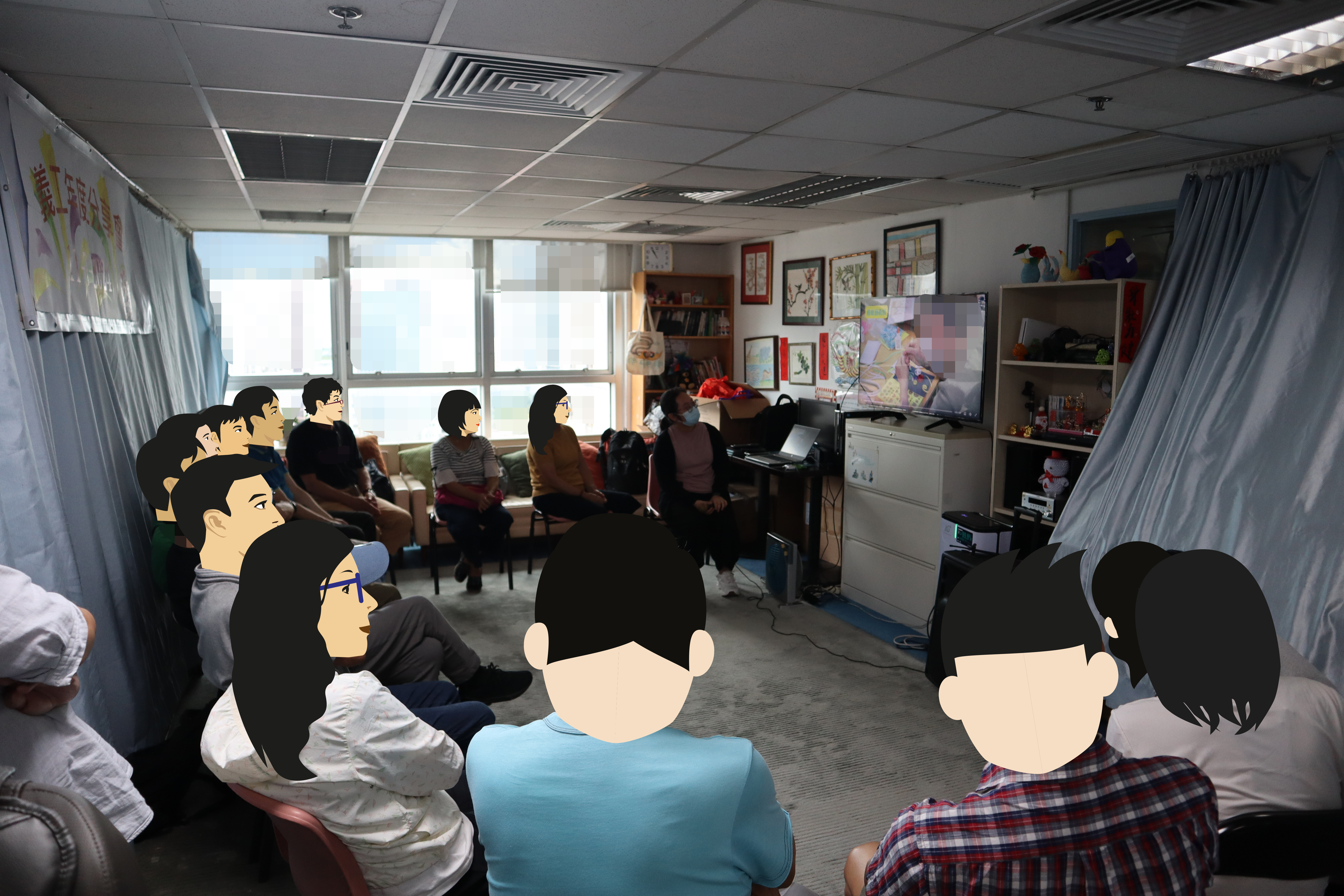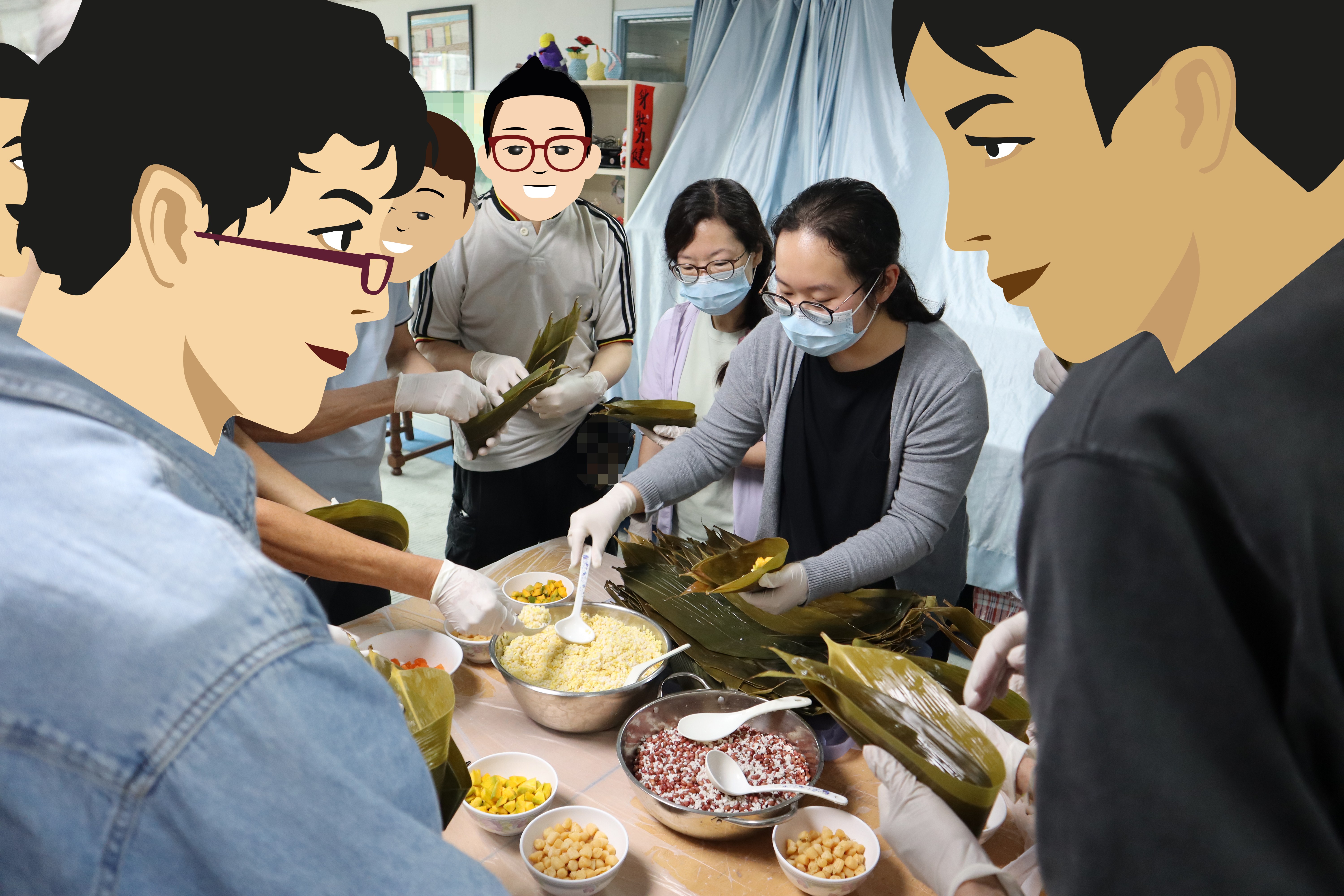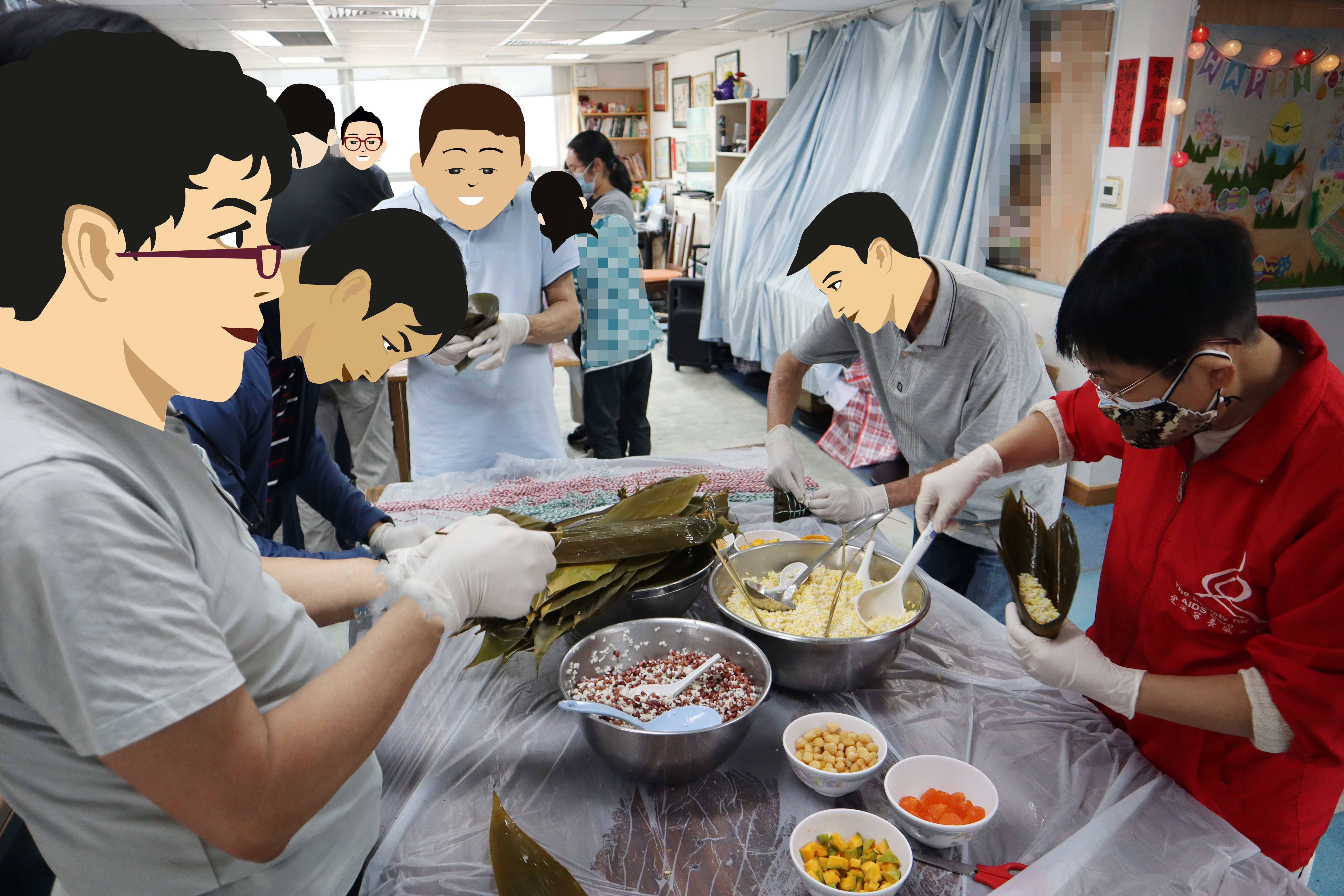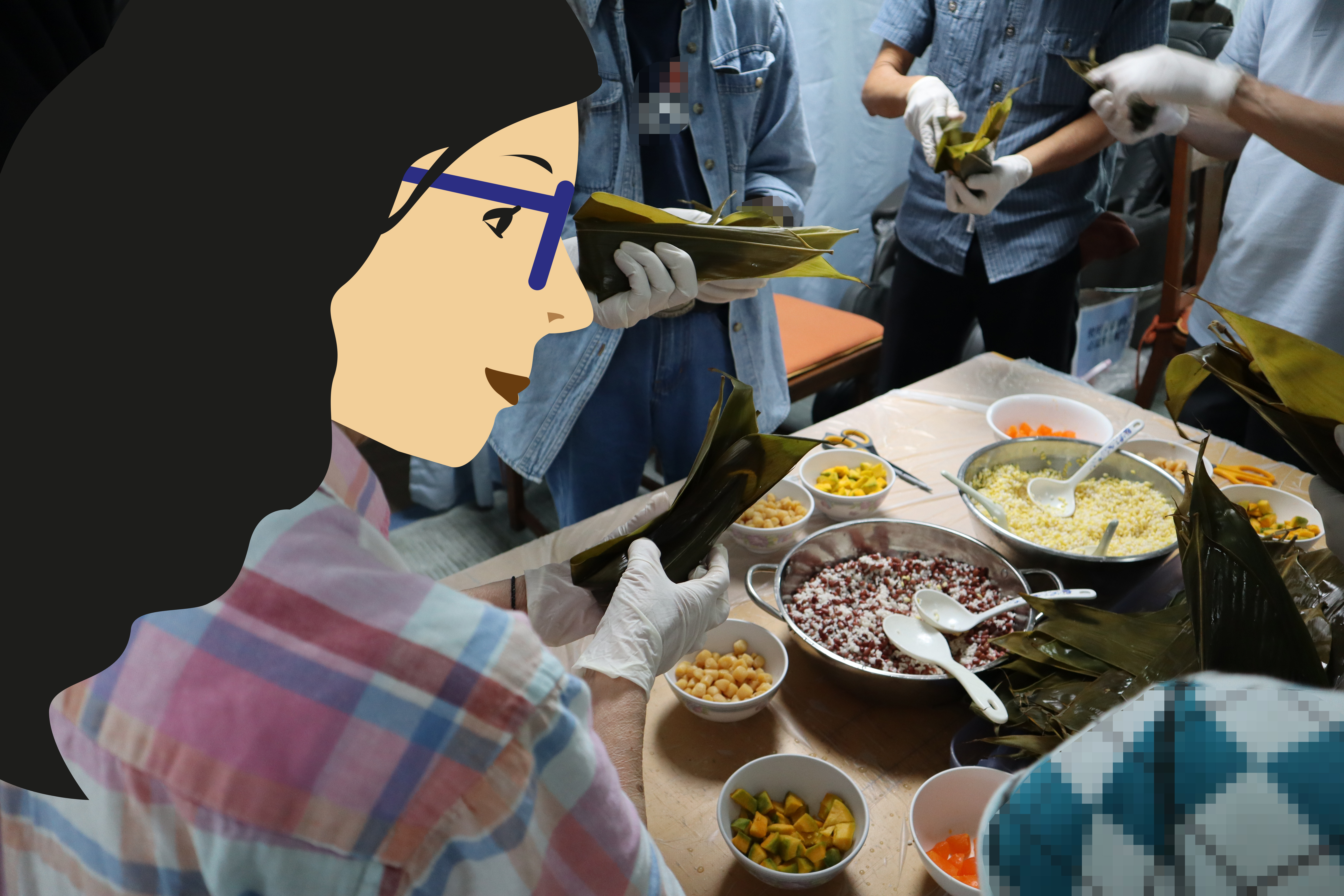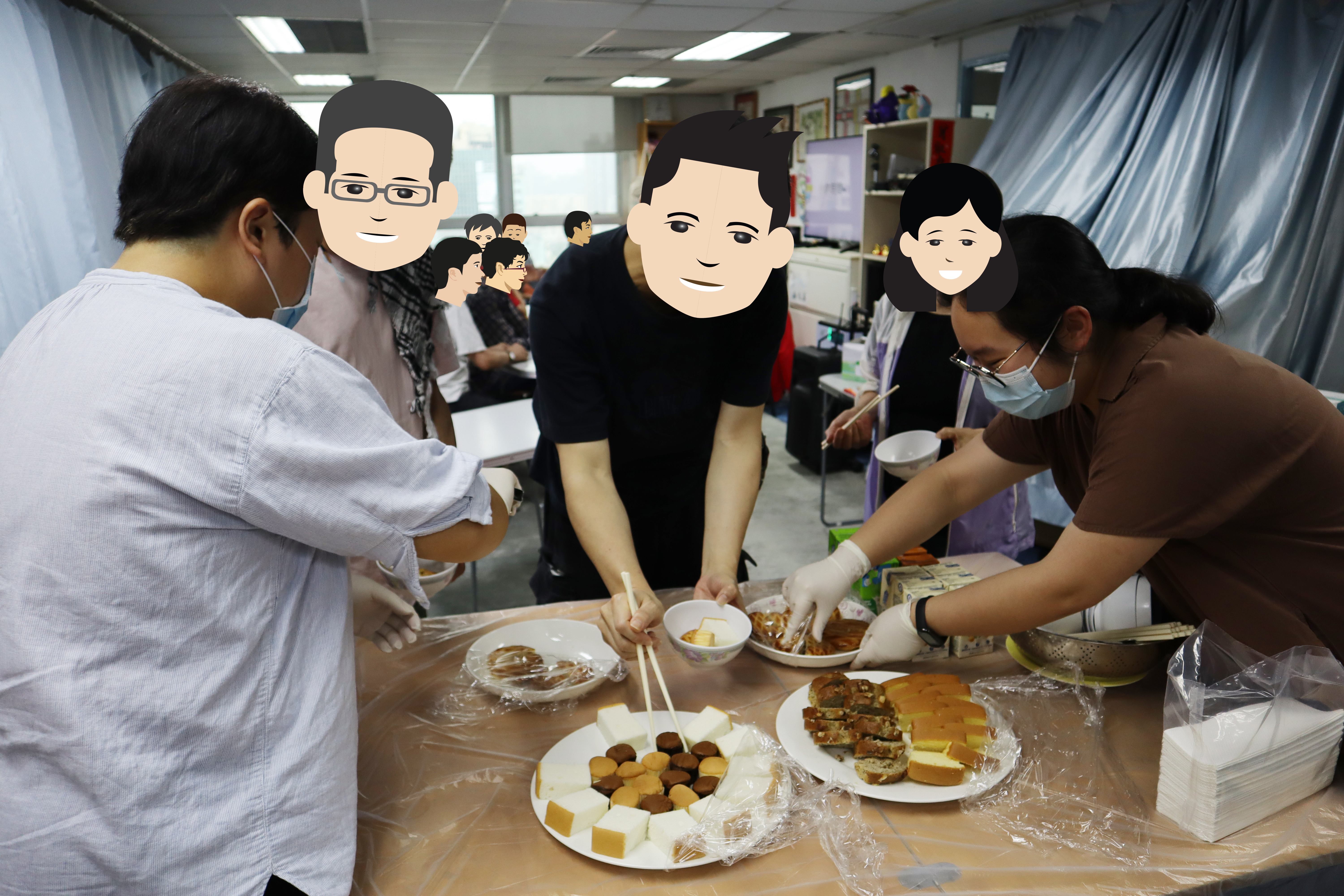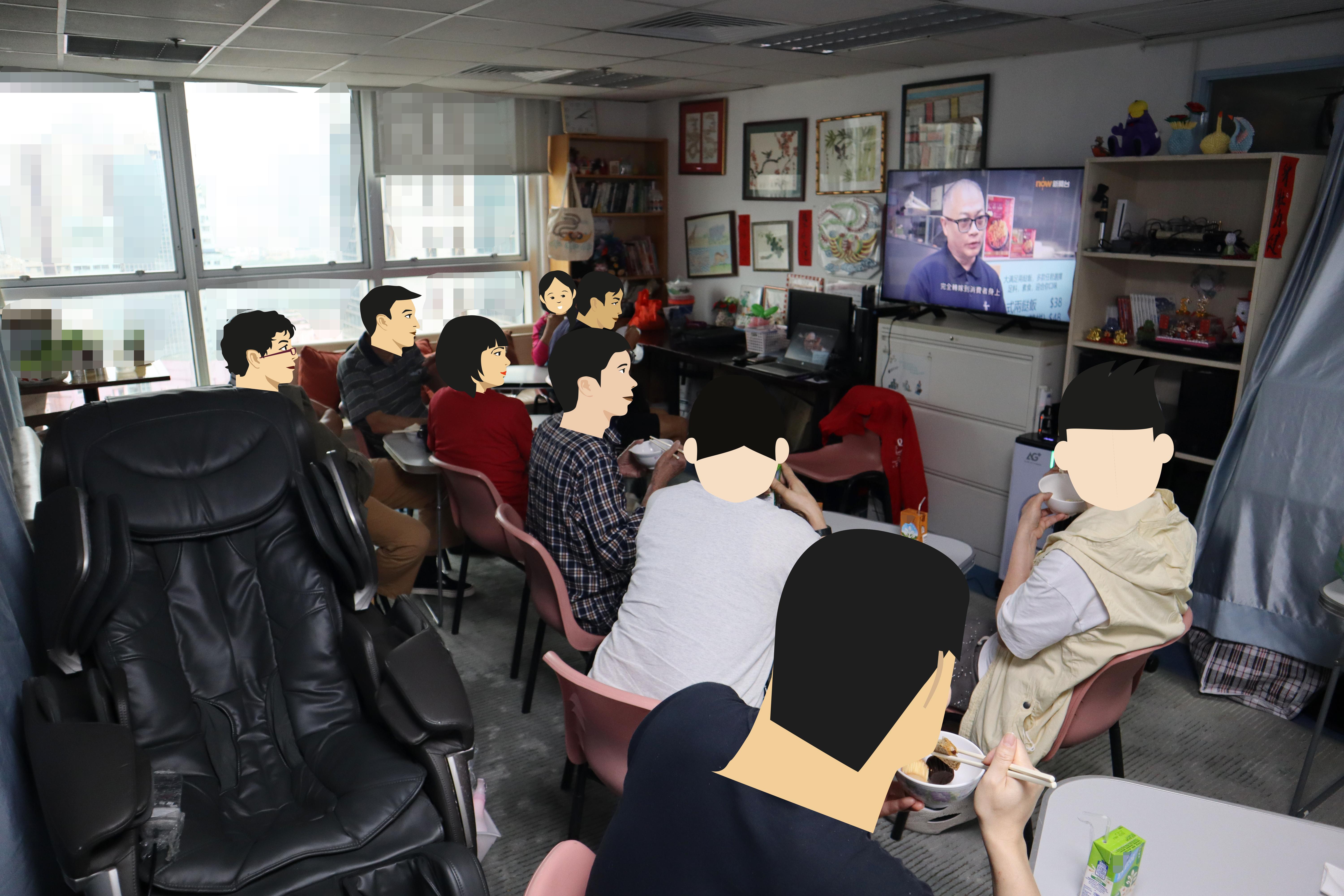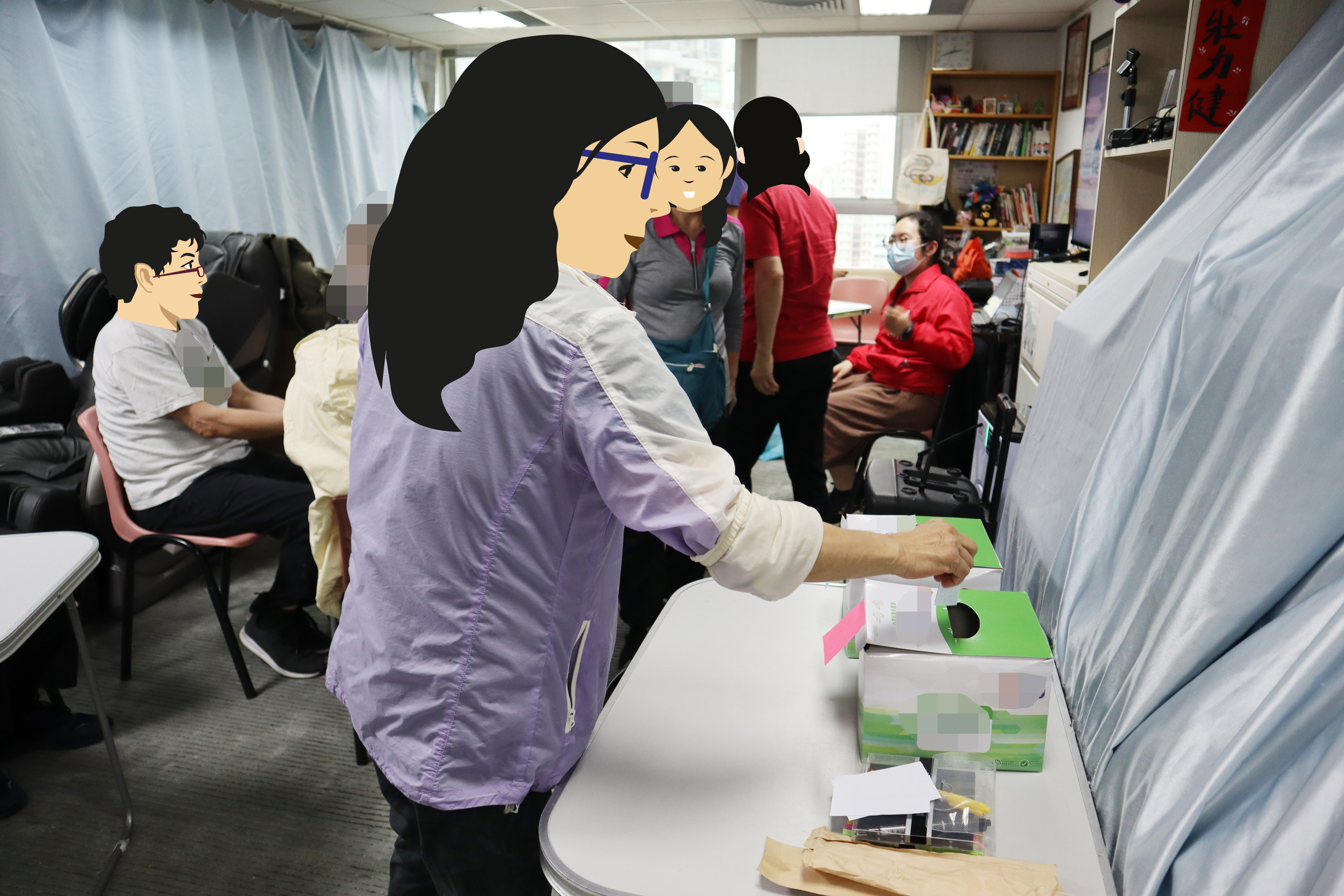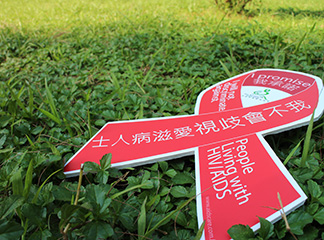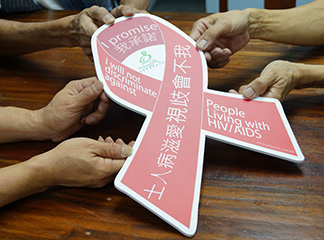Home Care Services

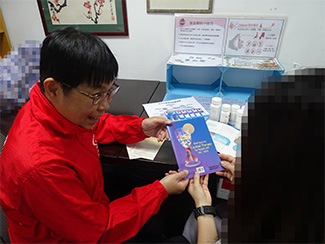
Home care team serves as a crucial service within the multidisciplinary team in local community. The unique service is especially important for patients who have no access to other community services due to many inhibiting factors for seeking help. The service conducted by professional AIDS care nurses, aims to improve PLHIV’s management of medication adherence, ability in self-care and awareness of the importance of risk reduction. The service will commence as soon as a referral has been received. The initial assessment will be conducted at patient’s home and service commenced in home hospital and AIDS clinic. Besides care renders to PLHIV, education on HIV/AIDS and support are provided to their care-givers.
This unique service assists the care-givers to alleviate anxieties regarding HIV/AIDS and how to care for the patient at home. Our home care nurses, through intensive contact, fill in the gap where hospitals and clinics cannot cater for needs of PLHIV outside clinic hours. For those who need urgent consultation and assistance outside office hours, a 24-hour emergency service is provided. From our previous experience, it has been proven that the service has helped many PLHIV to handle urgent needs outside clinic hours and is especially important for the newly diagnosed and those who have started new regimen of HAART.

The SAC home care service provides 7 major service scopes including:
1) Medication supervision and administration
2) Safer sex and risk reduction education
3) Rehabilitation
4) Emotional support
5) Psychosocial support
6) Bereavement counseling for care givers
7) Collaboration with other health care professionals
Those services are aiming at improvement of their health status and well beings. Each case is seen as an individual and after assessment, a treatment plan and goal set will be established in accordance to the different needs of the individual patient. The treatment plan will be conducted in different stages but normally will start from physical intervention aiming for the final community re-integration.
At the initial stage of intervention, the target includes drug supervision, health knowledge education, safer sex education and related plan according to the health condition of the patient. In addition, ample emotional support with frequently home and hospital visits encourages the patients to work towards achieving their goals.

The close collaboration of home care nurse team and our Day Care Centre team has witnessed many successful cases. Many PLHIV, including singleton and family cases, managed to build up good support networks with other members. These positive interactions help them with better life adjustment and better prepared them for community reintegration.
Regular phone contacts, face-to-face interviews and training were provided to maintain communication with PLHIV and to provide immediate assistance in need. 100% of service recipients indicated improvement in their drug adherence, health care and self-care knowledge. 100% expressed that the home care service supported both their psychological and physical well beings after receiving the service. This in turn helped them to improve their coping capacity for the HIV/AIDS disease. We are really happy to witness successful achievement of some cases. For example, some cases who were very sick and with poor prognosis and now managed to go through the rehabilitation process and hoping for a brighter future with the possibility of job retraining.
Back to section
Community and Home Based Rehabilitation Service

The SAC physiotherapy service has been commenced since 1999. We target on providing rehabilitative services to people living with HIV/AIDS (PLHIV) and their care-givers according to their physical problems and clinical presentations. Immediate and appropriate physiotherapy services can help PLHIV to maintain their mobility and decrease the occurrence of irreversible physical damage. Better physical mobility enables them to achieve better quality of life, live independently and to integrate to the community.
PLHIV usually complicate with various physical problems which may be caused by their immunodeficiency and toxicity of the therapy (Highly Active Antiretroviral Therapy, HAART) they received.
Peripheral neuropathy is one of the commonest diseases that may occur in this population. PLHIV who suffered from peripheral neuropathy may manifest different degree of sensory and motor deficits. Sensory deficits include hypersensitivity, absence of jerks, allodynia and paraesthesia, while motor deficits involve muscle weakness and atrophy as well as joint stiffness. Poor balance and gait problem would be shown subsequently. Besides, other systemic diseases, which maybe induced by HAART or related to HIV, like weaken lung function, lipodystrophy, high blood cholesterol and blood sugar levels, are generally confronted by PLHIV where the symptoms may not be shown instantly.
Last but not least, conditions such as osteonecrosis, various arthritis and tendinitis are also frequently reported by PLHIV. It implies that there is a strong need of physiotherapy interventions among our clients to help them alleviate those disabilities and impairments. The SAC physiotherapy service operates with a referral basis. SAC receives physiotherapy referrals from public hospitals and private general practitioners, as well as from the three HIV clinics in Hong Kong. Once a client was referred, the physiotherapist would then determine whether home-based or center-based physiotherapy interventions should be arranged. A tailor-made treatment plan and goal would be set for each client during the initial physical examination. SAC maintains good communications between SAC physiotherapy service and clinicians by providing progress reports to corresponding HIV clinics.

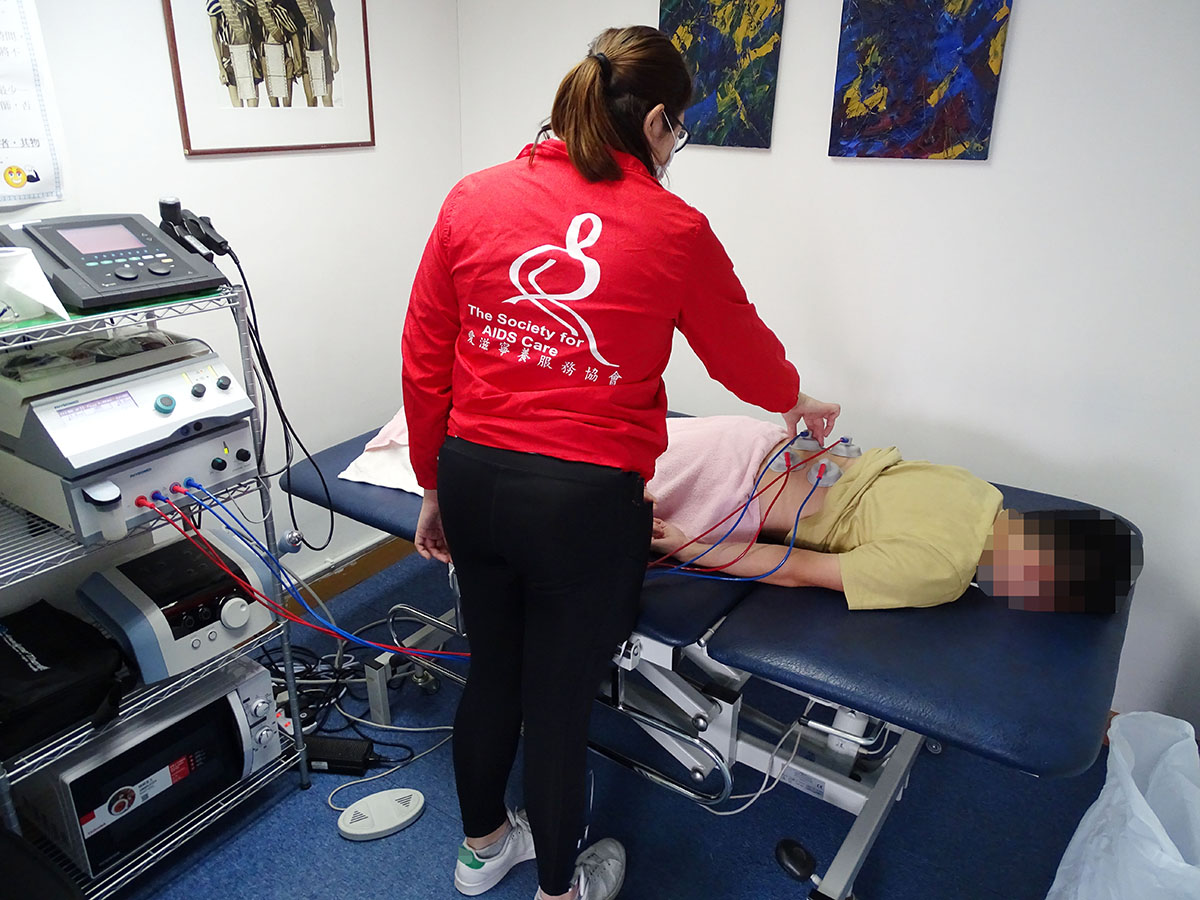
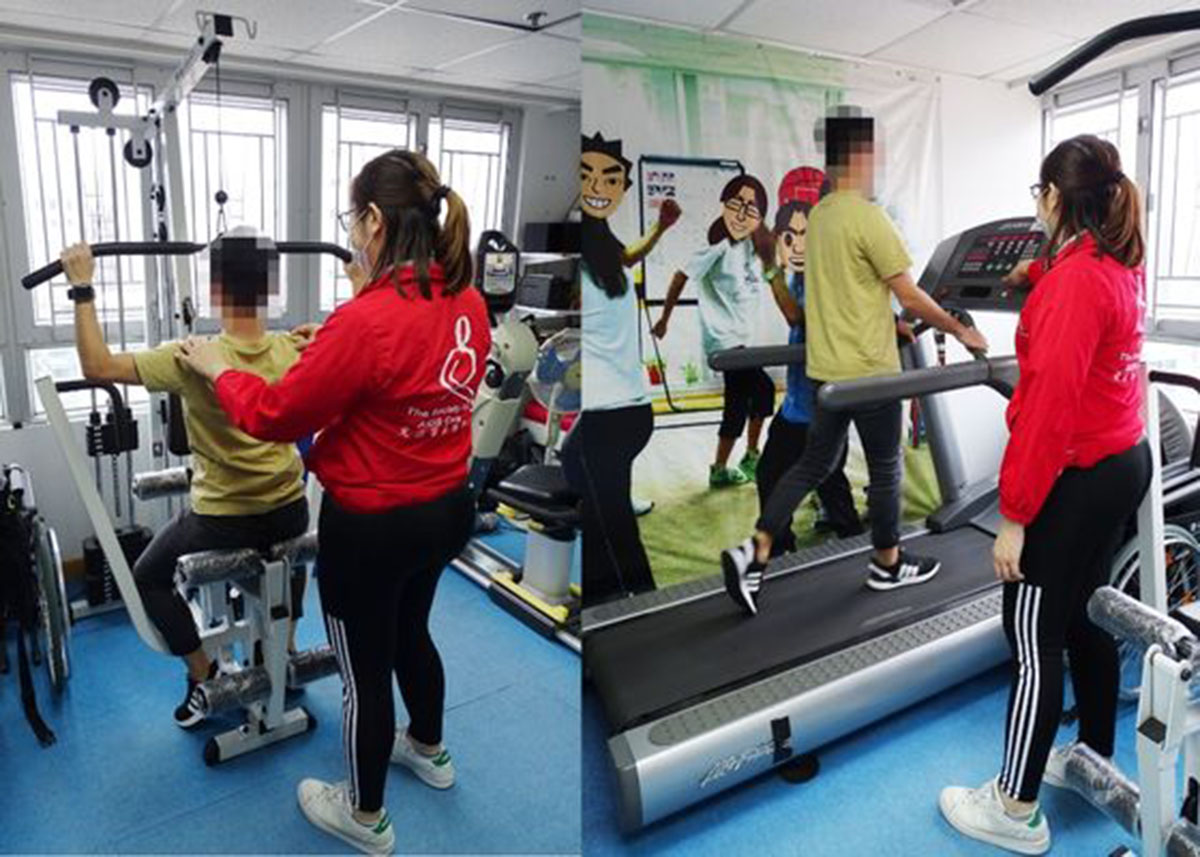
Physiotherapy treatments in SAC center
There are different training apparatuses and electrical modalities in SAC center which allows more varieties and choices for physiotherapy treatments. The decision of modalities use depends on the service recipient’s need and condition. Individual care plan and intervention will be reviewed and updated frequently to maximize their recovery.
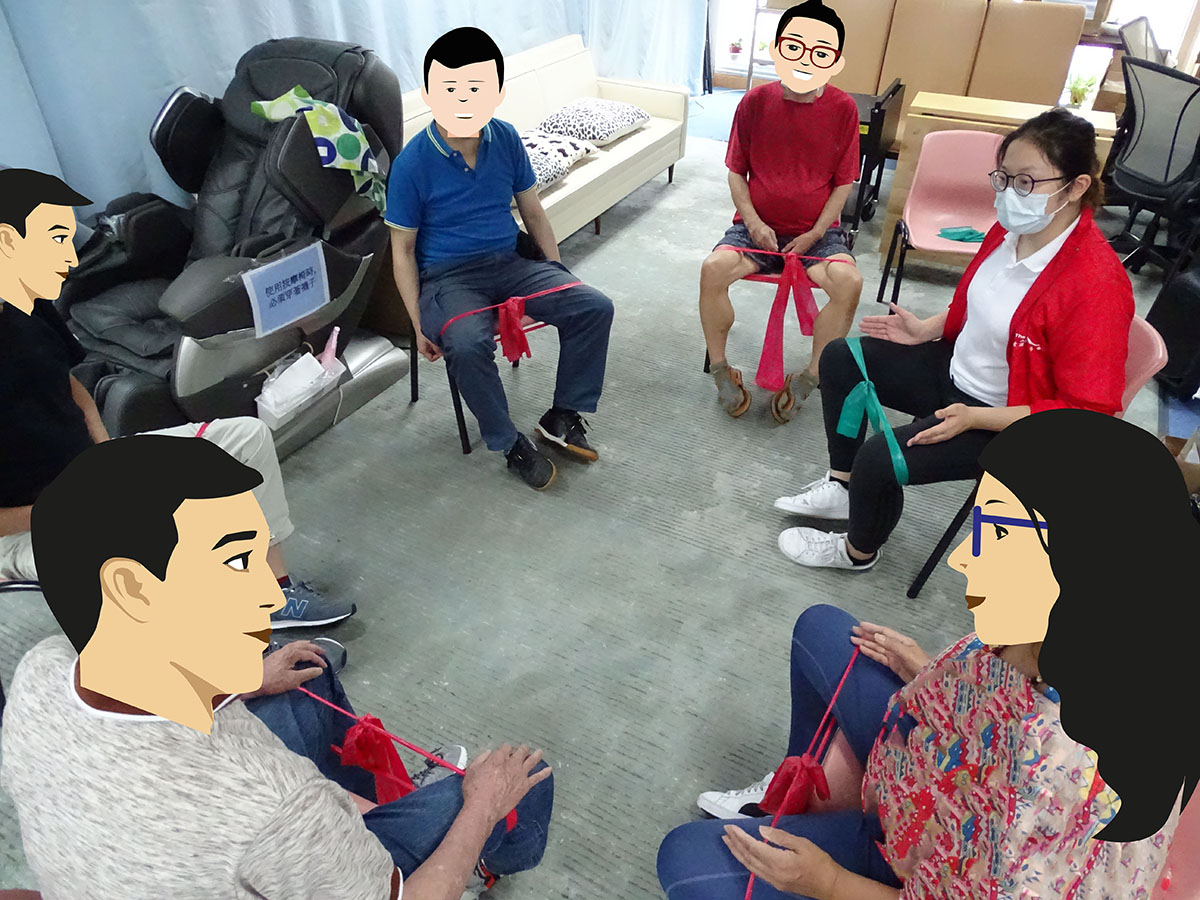
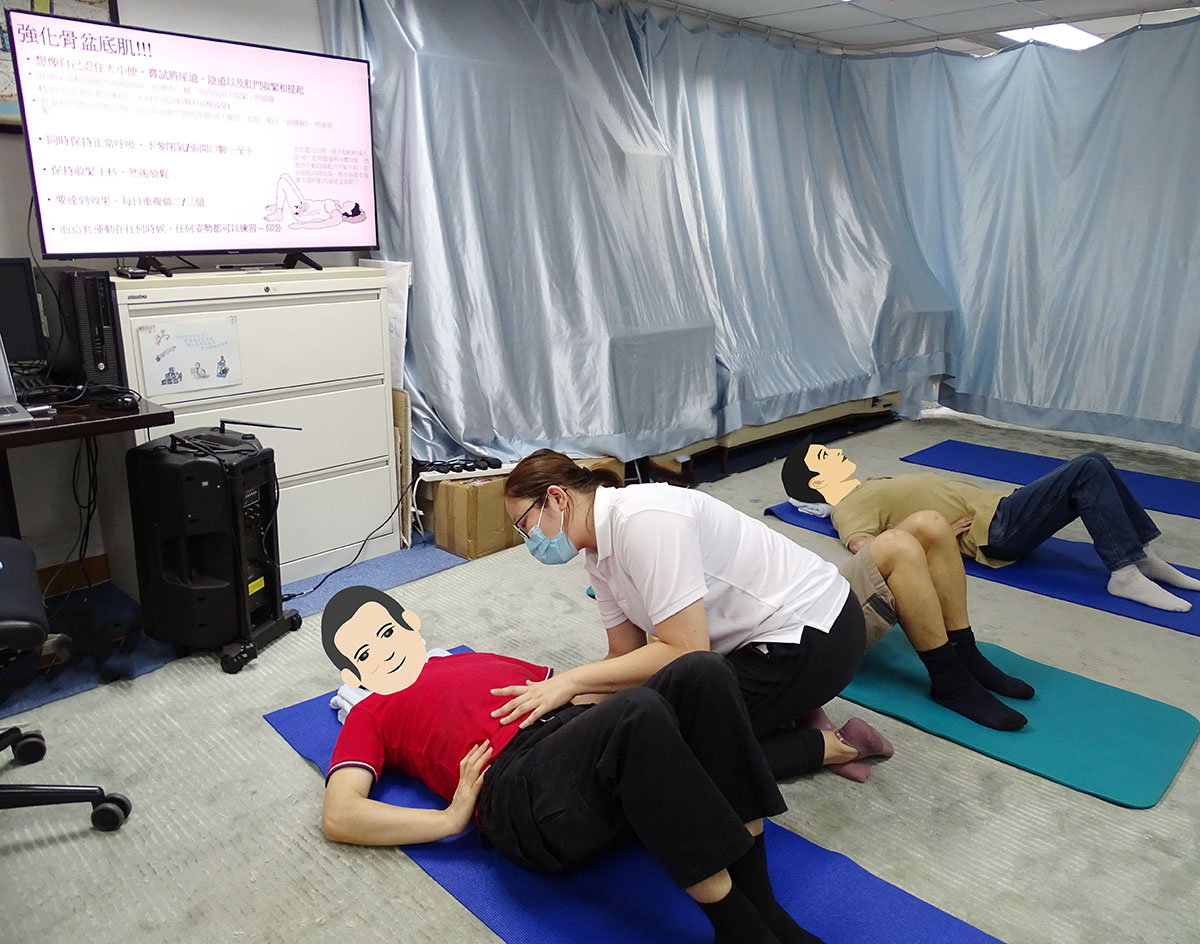
Therapeutic groups
A series of therapeutic groups will be held each year on both regular and irregular basis. A designated objective is assigned to each group, like core strengthening and cardiovascular training. Participants enjoy the time as all the groups are fun and energetic, they encourage each other during exercise, enabling good, supportive relationships.
Back to section
SAC Day Center and Activities

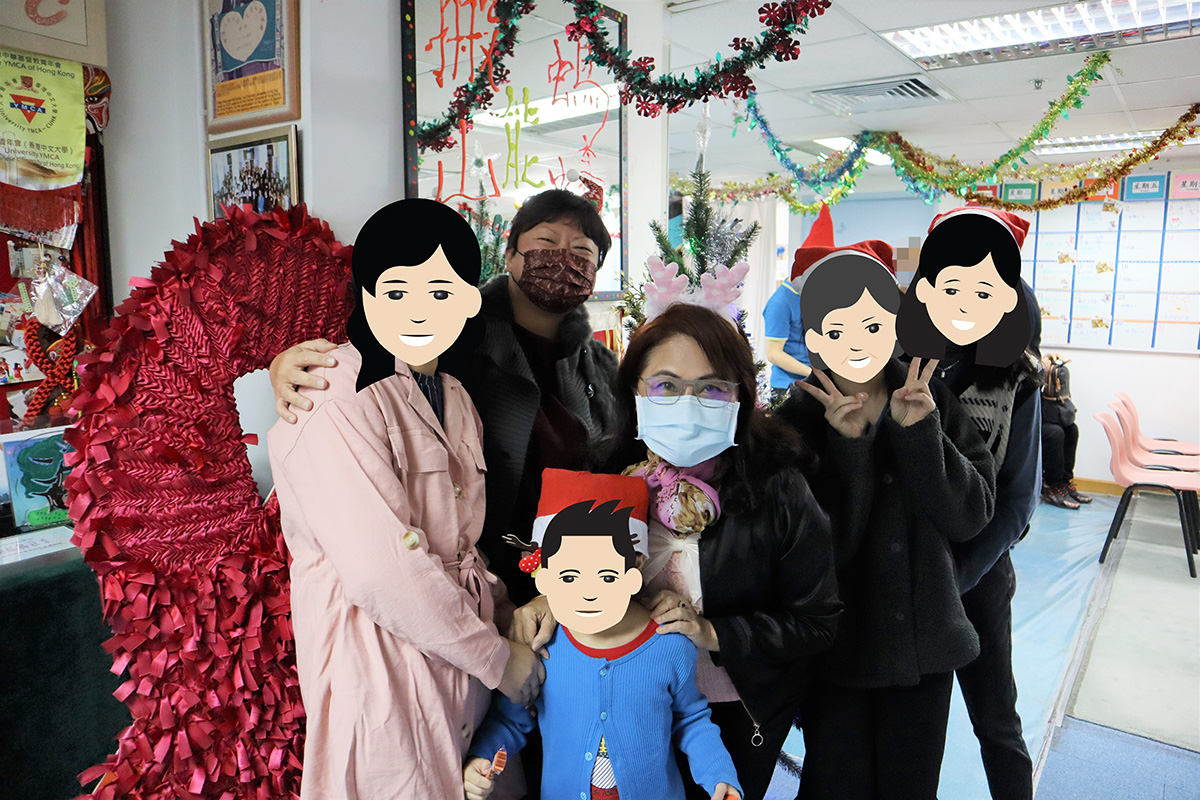
SAC Center is a multi-integrated day care center for people living with HIV/ AIDS (PLHIV). It provides diverse therapeutic services conducted by professional staff to meet the different needs of PLHIV using multi-professional approach. The center serves as a path to full rehabilitation. Although numerous efforts have been placed to promote acceptance of PLHIV in Hong Kong, PLHIV still face discrimination and stigmatization in the community. The vivid discrimination leads to fear of disclosure of their HIV status and thus poses a lot of obstacles in seeking mainstream social service in the community.
The SAC center provides a non-judgmental and supportive environment for members to participate in different recreational and therapeutic programs. Facilitation of peer support programs is especially vital as service recipients are more willing to share their feelings with their peers in the same situation more readily. SAC also takes an active role in improving their physical and psychosocial well-being. Numerous targeted programs and goals set help PLHIV to prepare well before community reintegration.
Diverse targeted programs are implemented in the center to meet the different needs. All members agreed that the center programs, including both regular and special target programs, helped building up their social network. Members showed good sense of belonging towards the center and they were very keen to pick up different tasks. They learned different skills during the process and built up their capacities and therefore enhanced their self-esteem. They were also more willing to outreach to the public and promote acceptance on HIV/AIDS issues.
Latest Activities

SAC Health Talk Series 2025
Read More
Christmas Party
Read More
SAC Health Talk Series 2025
Read More
Mid-Autumn Festival Celebration 2025
Read MoreFitball Core Strengthening Exercise Class
Read MoreBirthday Party (Jul - Sep)
Read More
SAC Health Talk Series 2025
Read MoreSAC Health Talk Series 2025
Read More
2025 SAC Volunteer Appreciation Ceremony
Read More
SAC Health Talk Series 2025
Read More
SAC Health Talk Series 2025
Read More
Birthday Party (Jan - Mar)
Read More
Disney Trip 2025
Read More
Physiotherapy's talk: "Understanding and Preventing Osteoporosis"
Read More
Birthday Party (Oct - Dec)
Read MoreSAC Health Talk Series 2024
Read MoreSAC Health Talk Series 2024
Read More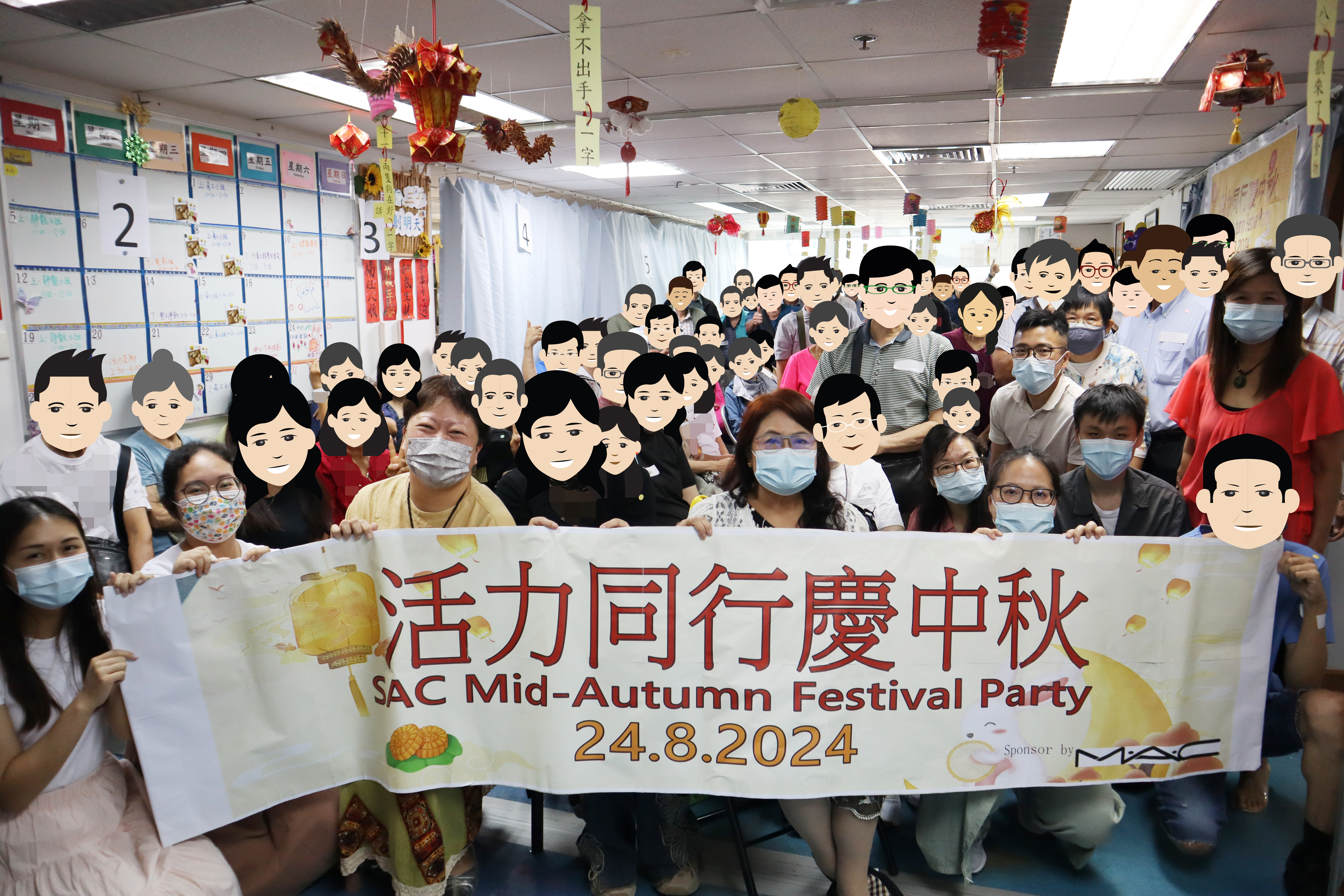
Mid-Autumn Festival Celebration 2024
Read More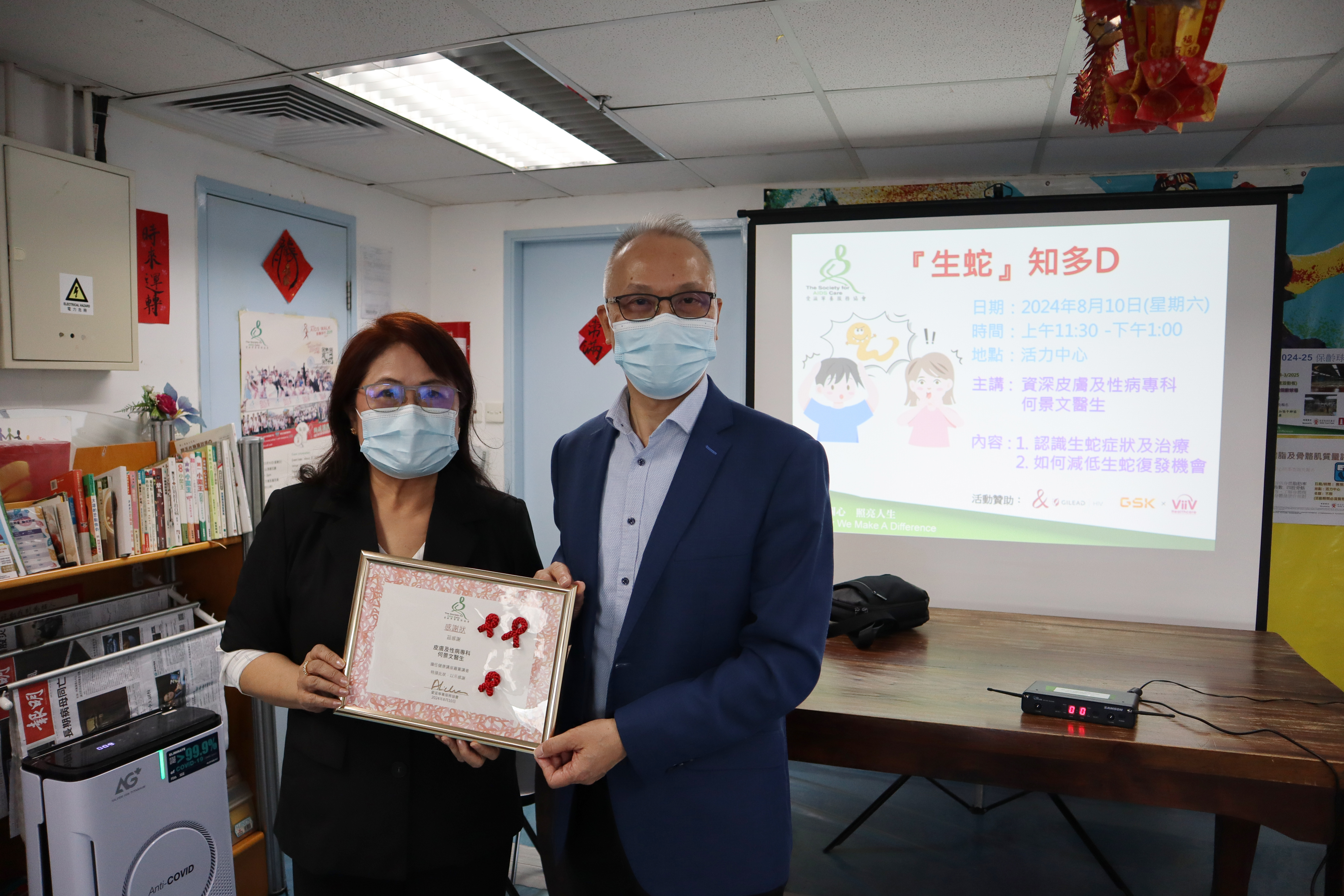
SAC Health Talk Series 2024
Read More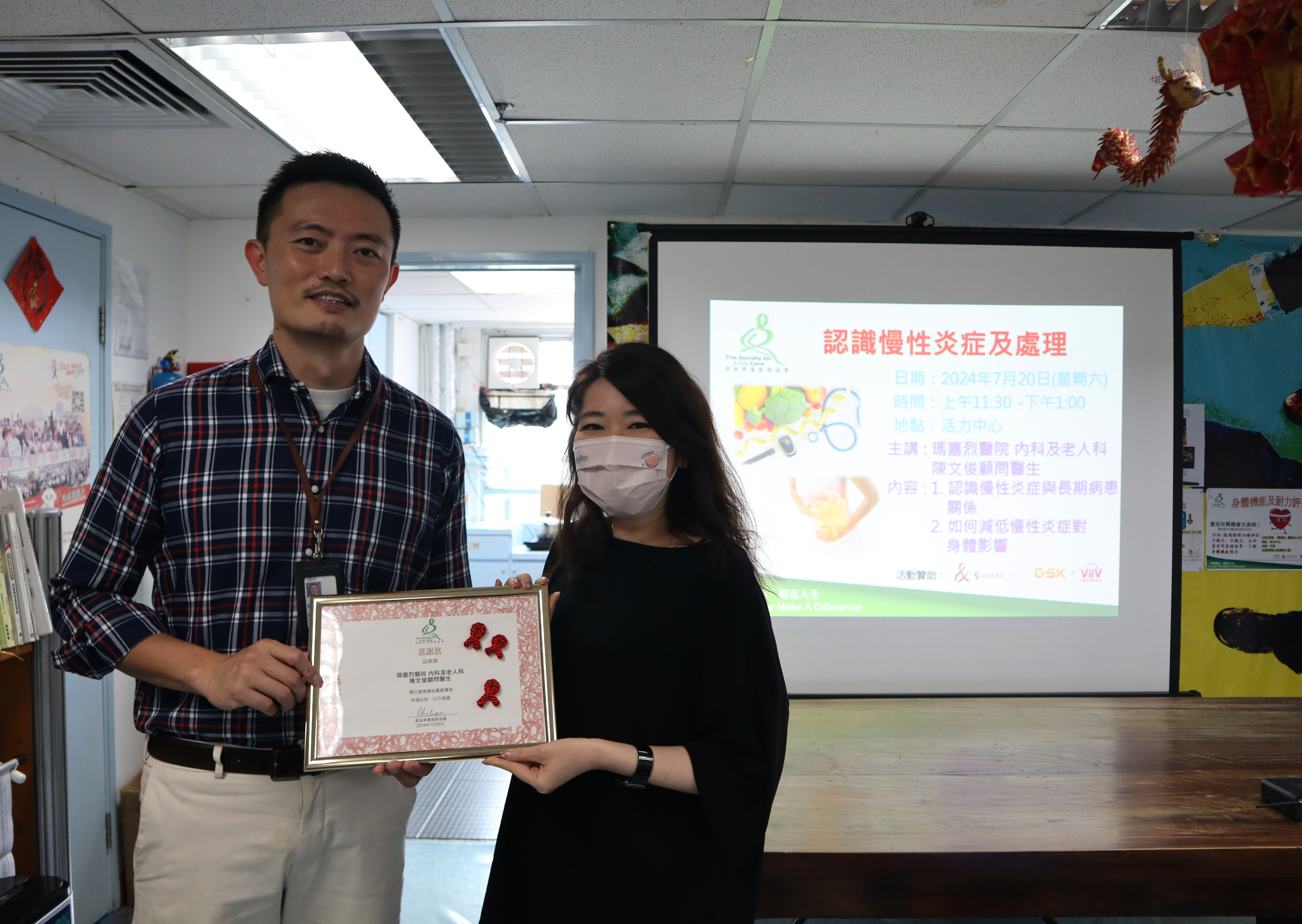
SAC Health Talk Series
Read More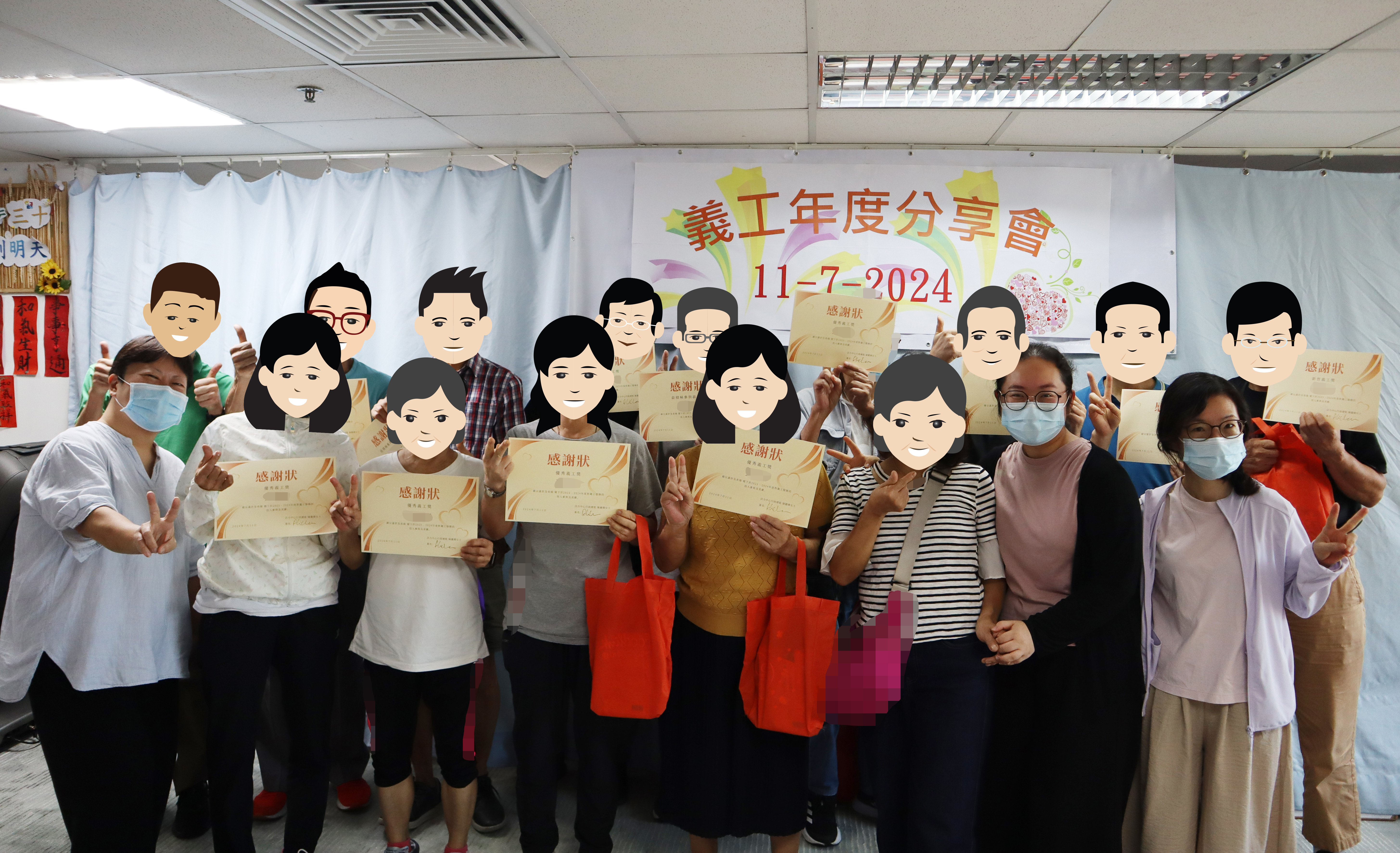
2024 SAC Volunteer Appreciation Ceremony
Read More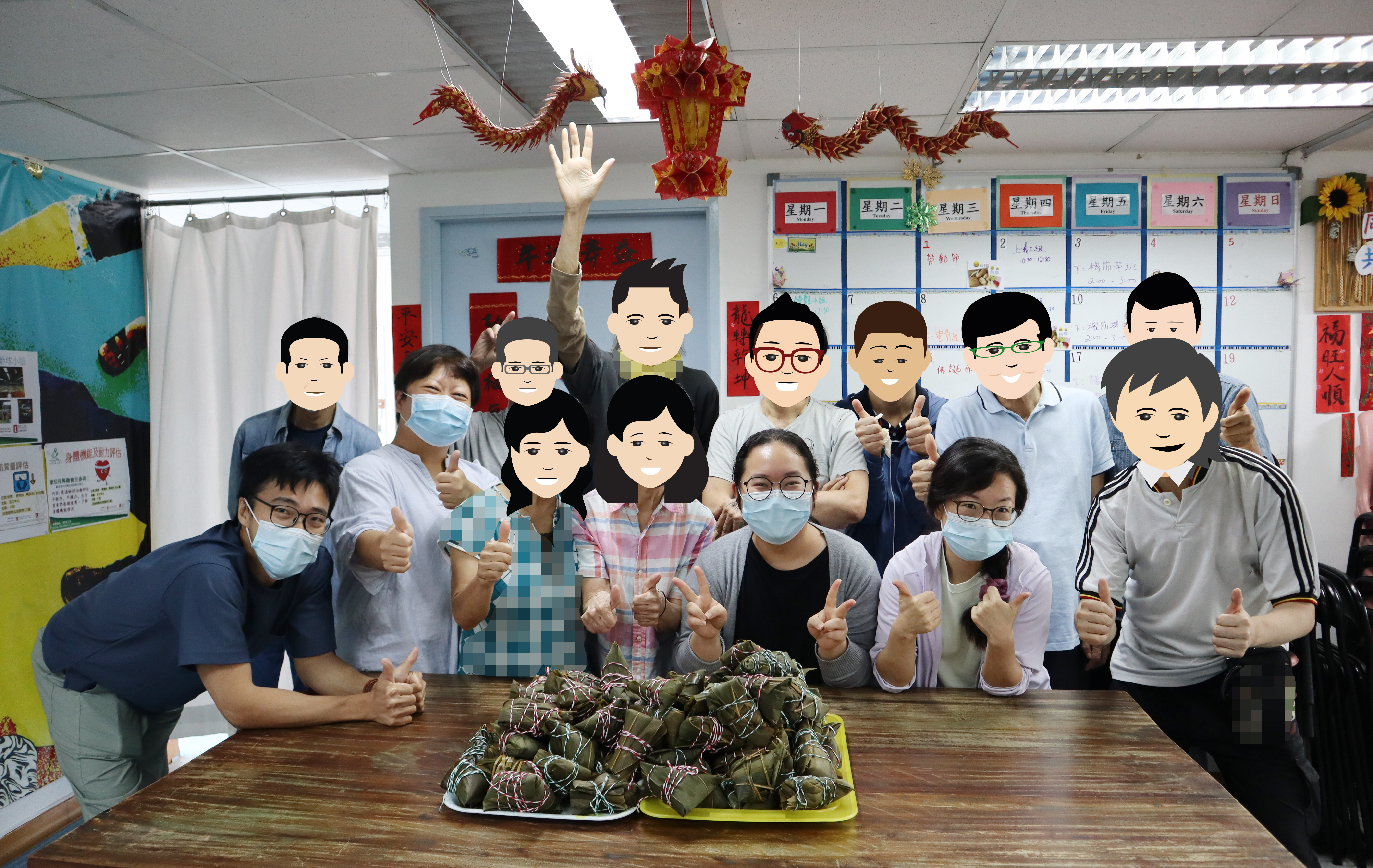
Rice Dumpling Sharing 2024
Read More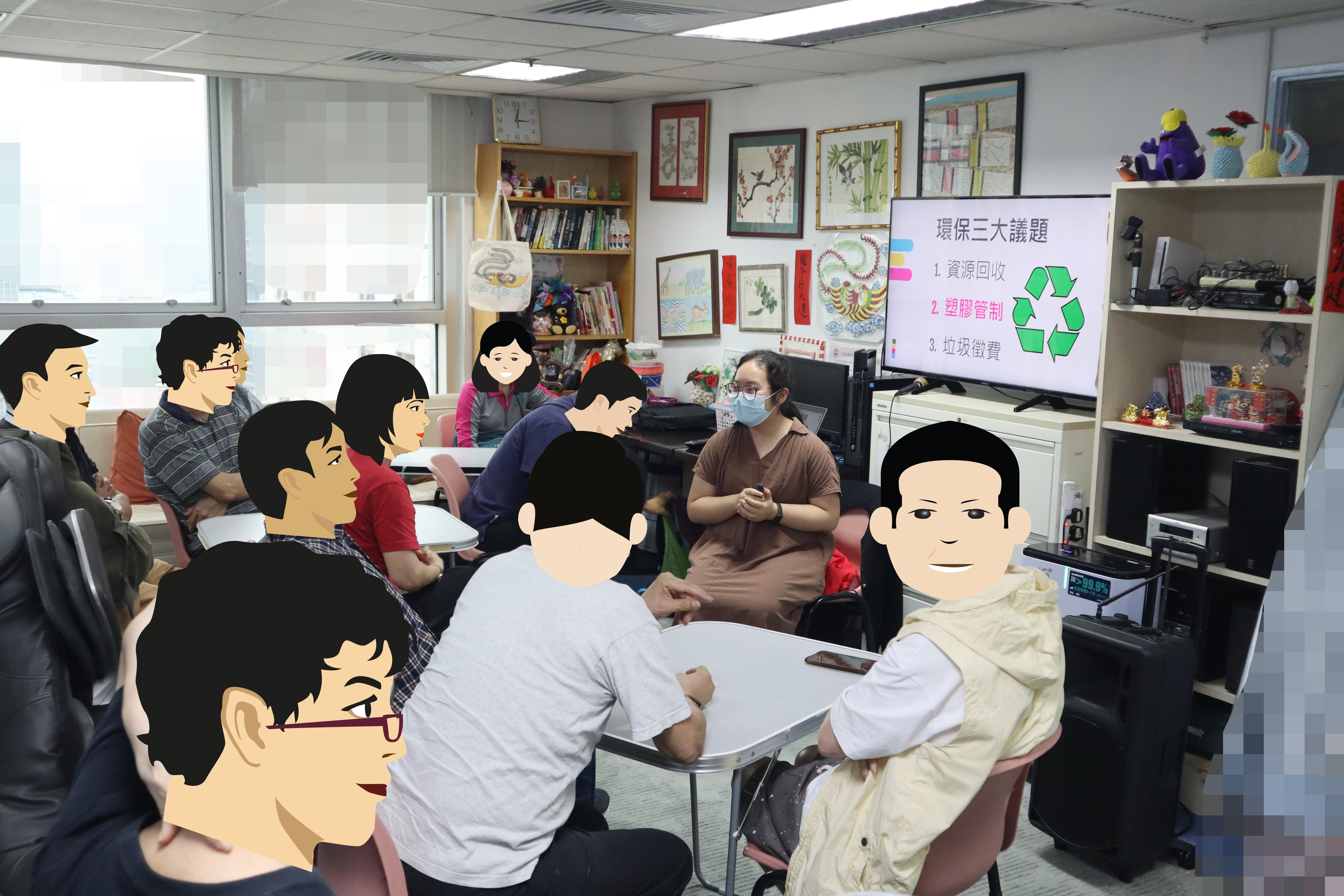
Together We Love – Mental Health Support Project (Peer Support Groups)
Read MoreBack to section
Prevention of Mother-to-child Transmission


The Society for AIDS Care is the only organization that provides 100% successful Prevention Mother-to-child Treatment (PMTCT) of HIV in Hong Kong. Mother-to-child transmission (MTCT) is when an HIV-infected woman passes the virus to her baby, so called vertical transmission. This can occur during pregnancy, labor and delivery, or breastfeeding. Without treatment, around 15%-30% of babies born to HIV-infected women will become infected with HIV during pregnancy and delivery. A further 5%-20% will become infected through breastfeeding.
Therefore, additional prevention measures are necessary to reduce the risk of transmission of HIV. We implement a series of key interventions as a component of overall maternal, newborn and child health services. Initially we offer appropriate counseling and support to women living with HIV to enable them to make informed decisions about their reproductive lives. Then earlier initiation of antiretroviral therapy for HIV-positive mothers is recommended. As long as their quantity of HIV antibodies is undetectable, delivery could be given. Followed by the birth of child, we recommend the avoidance of breastfeeding and prolonged use of ARVs to reduce the risk of mother-to-child transmission of HIV to the rate of 1%.

Back to section
Counseling Service

The aim of SAC counseling service is to provide remedial and protective service to people living with HIV/AIDS (PLHIV) and their families in crisis. It also promotes healthy lifestyle, positive mental and sexual health to the PLHIV. The service covers all geographical regions in Hong Kong.
In view of the diverse nature of our cases in terms of age, family background, health condition and nationality, the counseling service adopts a flexible approach. The counseling intervention includes parent-child relationship, couples’ relationship, safer sex bargaining skill and emotional problem for those in needs.
All service recipients are referred by the clinics of Department of Health and other NGOs. Prior to the formal intake of new referred case, the case will be assessed by our professional service worker and followed by case meeting with supervisor and other service team members. In the beginning, most of the new clients are lack of confidence and hesitate on sharing with our counselor. This situation is very common because of poor self-perception and bad experiences in the past. Thus, careful monitoring is essential to minimize the negative feeling of clients. When the client builds up a mutual reliance with our counselor, treatment goal will be set.
Successful implementation of the service helps to alleviate pain, build up positive attitude and serve an important role of promoting the importance of safe sex in preventing secondary infection of HIV/AIDS.
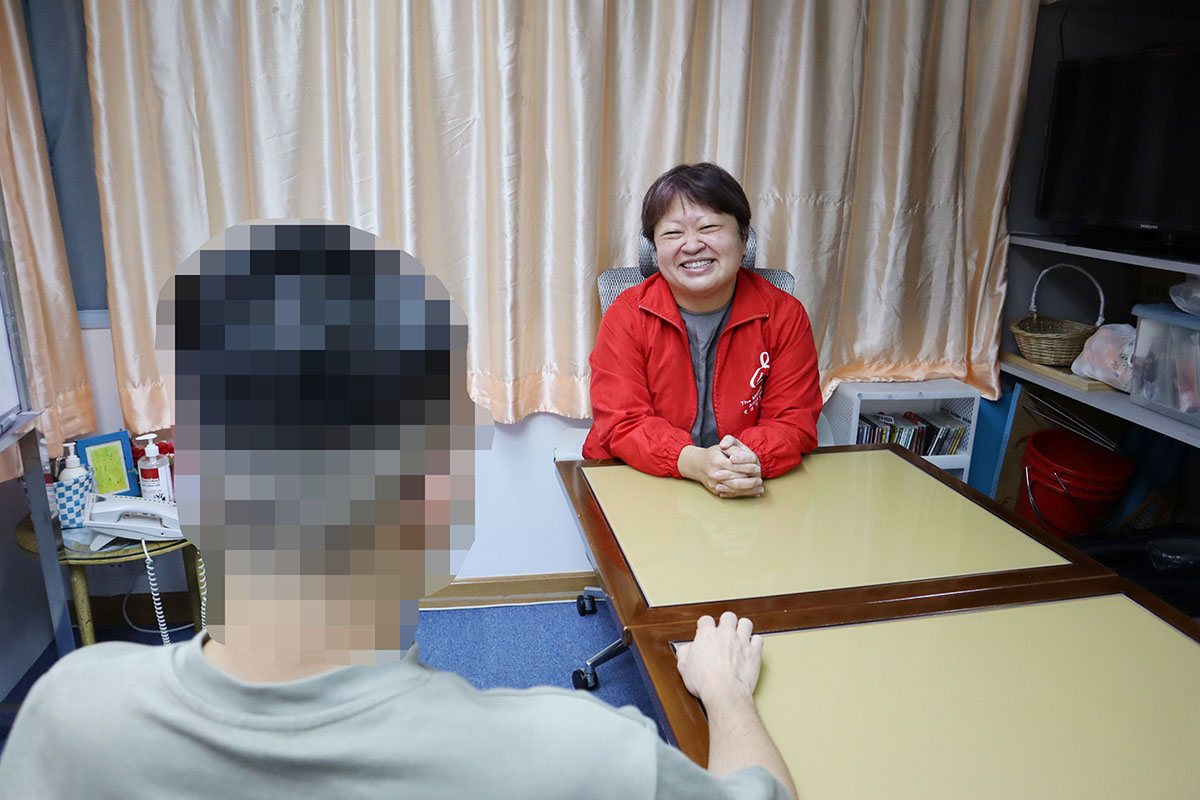
Back to section
Empowerment Mutual Help Service


The empowerment project facilitates PLHIV to develop their potentials, and aims to encourage self-development, enhancement of social/communication skills and improvement of knowledge in HIV/AIDS. Participants will be trained to become volunteers at the SAC center and provide voluntary services to other PLHIV in the community. Volunteers expressed their improvement in their perceived capabilities and self-esteem, which get them ready to go back to the community.
The comprehensiveness and diversity of the services can provide more opportunities to volunteers with different abilities. The service has gained good reputation among the service providers and recipients. Volunteers expressed that their self-esteem were enhanced and they have managed to develop better understanding of HIV/AIDS. The skills they gained from the program enabled them to recognize their limitations, hence preparing themselves to be more equipped for the future.
All of the volunteers agreed that the empowerment project bring them more chances to help others and their lives had become more meaningful. Furthermore, they also gained friendship and improved communication skills after attending the training sessions. SAC center advocates the importance of the spirit of volunteering to serve the less privileged.
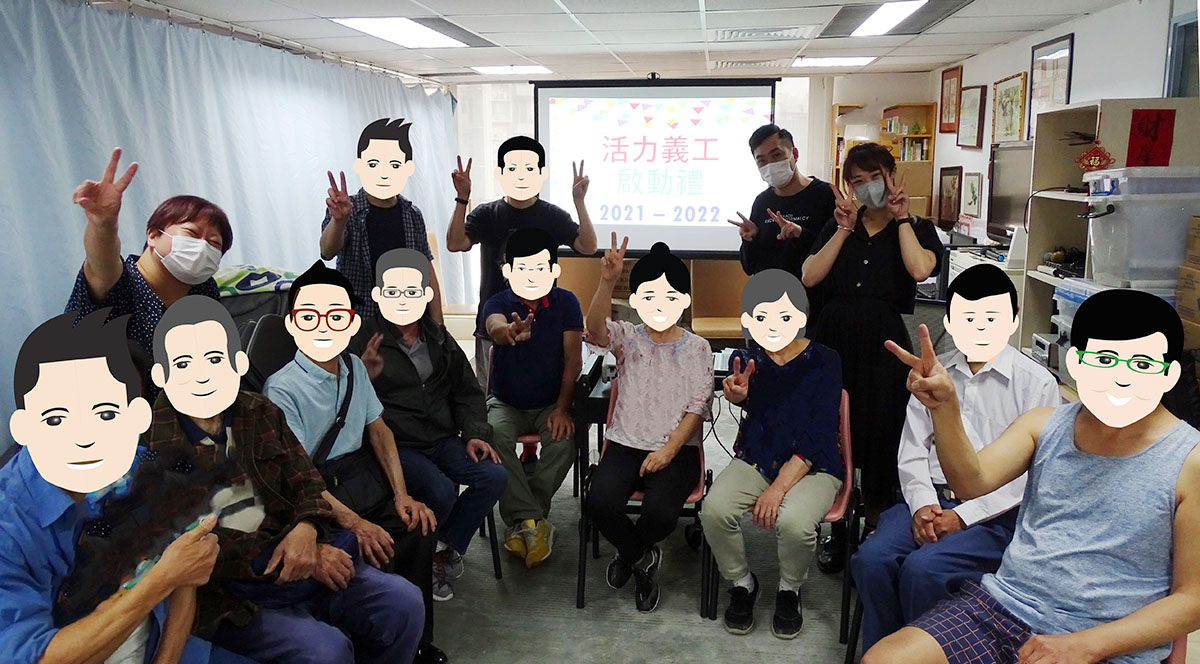

Back to section
HIV Testing Service for Women and their Partner


Only Chinese version is available for HIV Self-Testing Program, please contact us for more information.
- 1 of 5 people living with HIV/AIDS in Hong Kong are women
- About 2 women are newly diagnosed every week
- HIV and syphilis infected mother may transmit the virus to her baby during pregnancy, delivery or breast feeding
- Infected infants can suffer death and other disabilities
You should consider testing if you encounter the following situations:

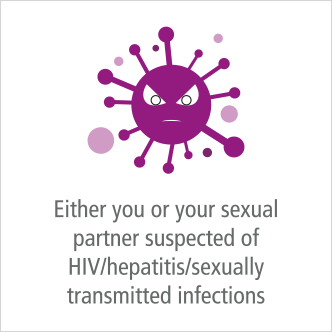
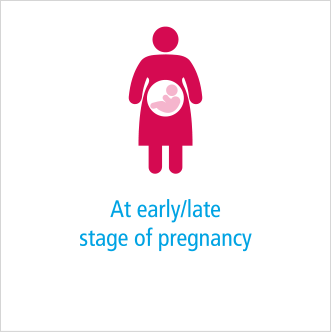
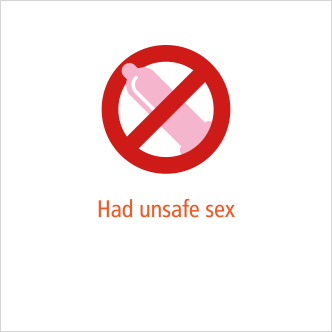
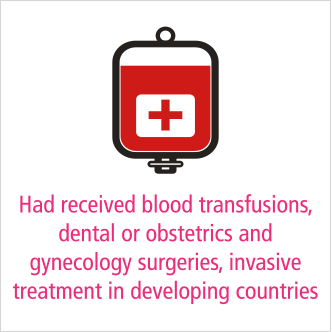
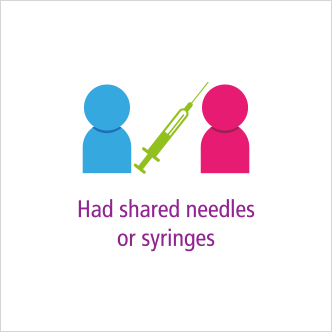
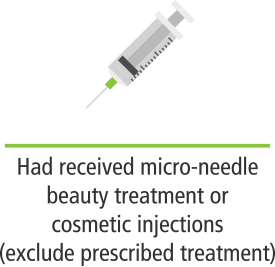
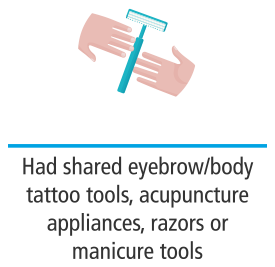
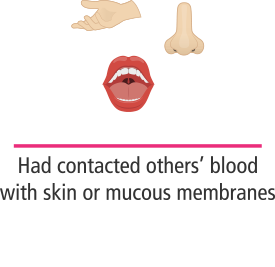

1. Personalized service: answered by female professionals, lessen embarrassment
2. One-stop service: pre-test and post-test counseling, referral, etc.
3. Anonymous and confidential
4. Free voluntary HIV and Syphilis testing in private clinic, high privacy
5. Follow up by professional team, and refer to specialist clinic if needed
6. Services provide to HK permanent residents
REMARKS
1. Without prevention, the risk of HIV mother-to-child transmission rate is15-40%. The Hong Kong Center for Health Protection (HKCHP) found two cases of HIV mother-to-child transmission in 2015, one of whom was diagnosed at 1 year of age. The mother had antenatal HIV antibody test negative. It does not rule out that she was infected in the late pregnancy and then transmitted to her baby. Dr. KH Wong of HKCHP had mentioned of the need to learn from the United States which suggested second HIV antibody testing for pregnant women at 36 weeks pregnancy. When they are found to be infected, interventions including immediate administration of antiretroviral therapy to mother, choose caesarean section to avoid contact with mother's body fluids, and administration of antiretroviral therapy postnatally to the baby can reduce the risk of infection.
2. The risk of HIV transmission through blood transfusion is 90%. Hong Kong reported that 1-2 persons were infected with HIV yearly via blood transfusion outside of Hong Kong at 2011- 2014. In June 2016, official reports by India's National Aids Control Organization (NACO) have revealed that contaminated blood has infected at least 2,234 people in India with HIV through transfusions in the past 17 months, of which the youngest is only 3 years old.
3. In 2013, the Hong Kong University School of Dentistry published an article showing that there was in-proper cleaned and sterilized equipment in a Hong Kong dental clinic in 2012. 250 customers may have the risk of contracting HIV / Hepatitis virus and requiring follow-up testing.
4. In Oct 2016, one of the MCH Centers of Hong Kong Department of Health reported that there was in-proper cleaned and sterilized obstetrics and gynecology equipment. A woman may have the risk of HIV/ Hepatitis virus/sexual transmission infections (STIs) and requiring follow-up testing.
5. In Feb 2017, AFP of Zhejiang Province of China reported a medical malpractice. A hospital technician repeated use of medical straws and caused HIV cross-infection of clients with blood samples. As one of the clients had HIV in the blood. Prior to the treatment procedure, this client had HIV antibody test negative due to tested within window period. Total 59 clients were involved in this incident and 5 clients were found HIV infected by follow-up testing.
6. “The highest risk factor for HIV infection among women is often marriage. Even when women know or suspect that their husbands are HIV-positive or are having sex with multiple partners, they have little power to insist on condom use.”, in article of “ HIV/AIDS in Asia”, amfAR, 2014.
7. “Acute infection, roughly the 12 weeks after contracting HIV, can increase transmission likelihood 26 times. This is because viral load skyrockets during the acute phase. Presence of other sexual transmitted infections(STIs) can amplify risk by as much as 8 times”, in article of “ Average Risk of HIV Transmission Per Exposure to Infected Source”,《POZ》Mar 2014.
8. The Hong Kong Center for Health Protection (HKCHP) suggests spouses/regular sex partners of HIV infected have regular testing every 12 months or more frequent.
9. 80% of HIV infections in Hong Kong are transmitted through sexual contact.
10. “Dermatologist warned that HIV/Hepatitis can be transmitted through improperly sterilized needles”, in article of "Beware of the micro-needle beauty lead to bacterial infection", Hong Kong "Choice" magazine No. 418, in 2011. The US Food and Drug Administration warned that there are doubts of the effectiveness of cosmetic injection product and users might be at risk of HIV/hepatitis via injection in 2015. Due to risks of composition and process of intravenous, intramuscular or subcutaneous injection, French National Drug and Health Product Safety Bureau prohibited the use and sale of injection products for skin whitening in 2016.
11. Report that a British woman caught HIV after sharing manicure with HIV-infected cousin at 2014. HIV/AIDS expert Dr. Brian Foley warned such transmission is a 'very rare event'. Public do not be scared of contact people living with HIV/AIDS but need to pay attention to the risk of infection by sharing of bloodstained items, e.g. tattooing or acupuncture needles.
12. According to the data of Hong Kong Center for Health Protection (HKCHP), the average risks of HIV transmission after percutaneous and mucocutaneous exposure to HIV-infected blood were estimated to be 0.3% and 0.09% respectively. By December 2010, 57 confirmed and 143 possible cases of HIV transmission via occupational exposure in health care settings had been reported to the US Centers for Disease Control and Prevention(US CDC).
13. For details of syphilis, please refer to the website of Hong Kong Center for Health Protection: https://www.chp.gov.hk/en/healthtopics/content/24/1607.html#31
Back to section
Food Bank

SAC seeks funding from government and other funding bodies to sustain our Food Bank, a patient support program aiming to meet tangible needs. Our Food Bank and other support items provide necessities for PLHIV, including food, oil, etc. This program is tailored especially for low-income family, cases under social welfare benefits or those unable to support themselves.
Please click here to download the donation form to support our Food Bank service.

Back to section
Client Sharing


Why me?
Click to view sharings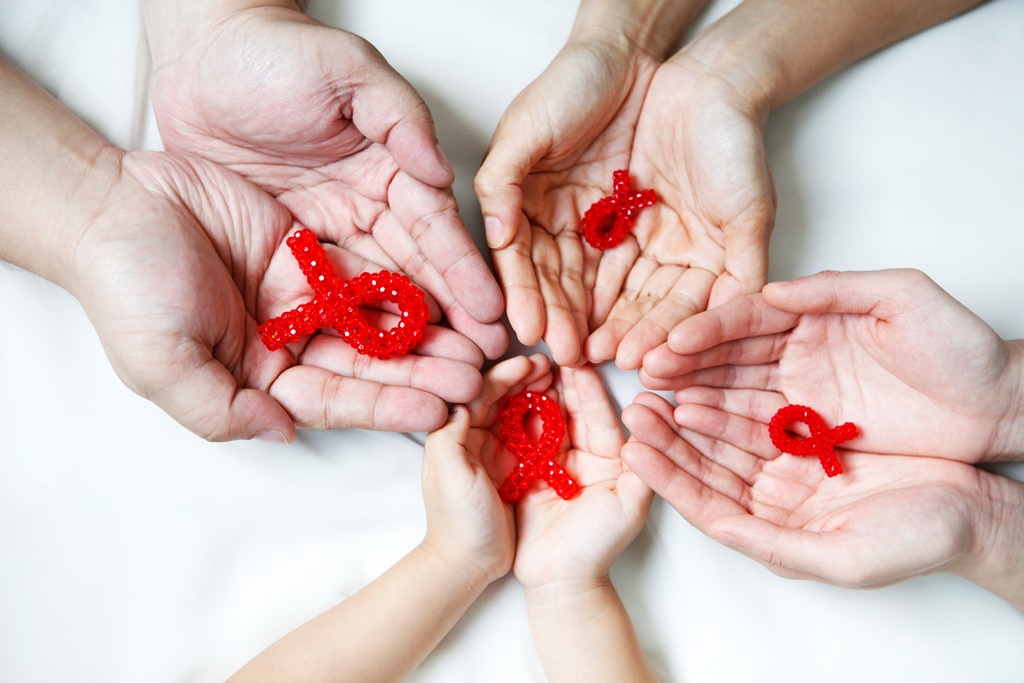
Reborn
Click to view sharingsValuable Gift
Click to view sharings
Let Me Have a Sweet Dream
Click to view sharing
The Last Four Years
Click to view sharing
Men Only Weep When Deeply Grieved
Click to view sharing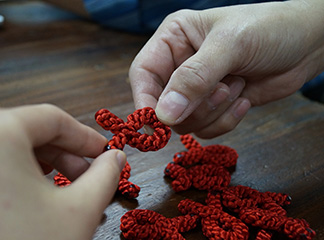
Farewell to My Bottles of Liquid Medicine
Click to view sharings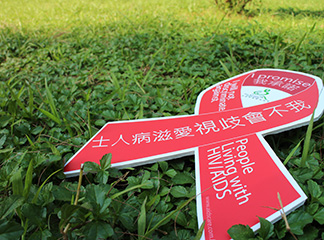
Death is Not a Solution
Click to view sharings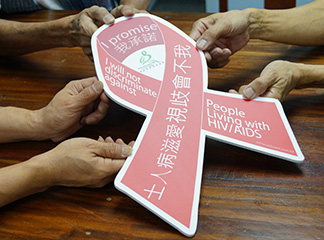
Eight Years – So Close… So Far
Click to view sharings
Pain of Two Sharp Stings
Click to view sharings
It Is Immoral to Spread Sadness to Others
Click to view sharing
AIDS Does Not Mean Having Casual Sex
Click to view sharingBack to section

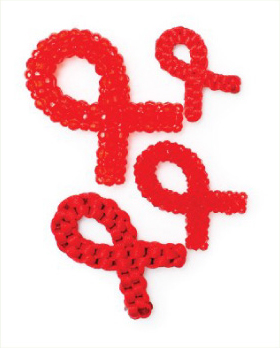
 Home Care Services
Home Care Services Community and Home Based Rehabilitation Service
Community and Home Based Rehabilitation Service SAC Day Center and Activities
SAC Day Center and Activities Prevention of Mother-to-child Transmission
Prevention of Mother-to-child Transmission Counseling Service
Counseling Service Empowerment Mutual Help Service
Empowerment Mutual Help Service HIV Testing Service for Women & their Partner
HIV Testing Service for Women & their Partner Food Bank
Food Bank Client Sharing
Client Sharing






























